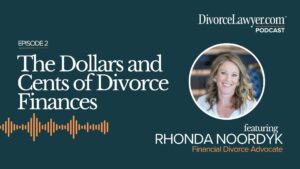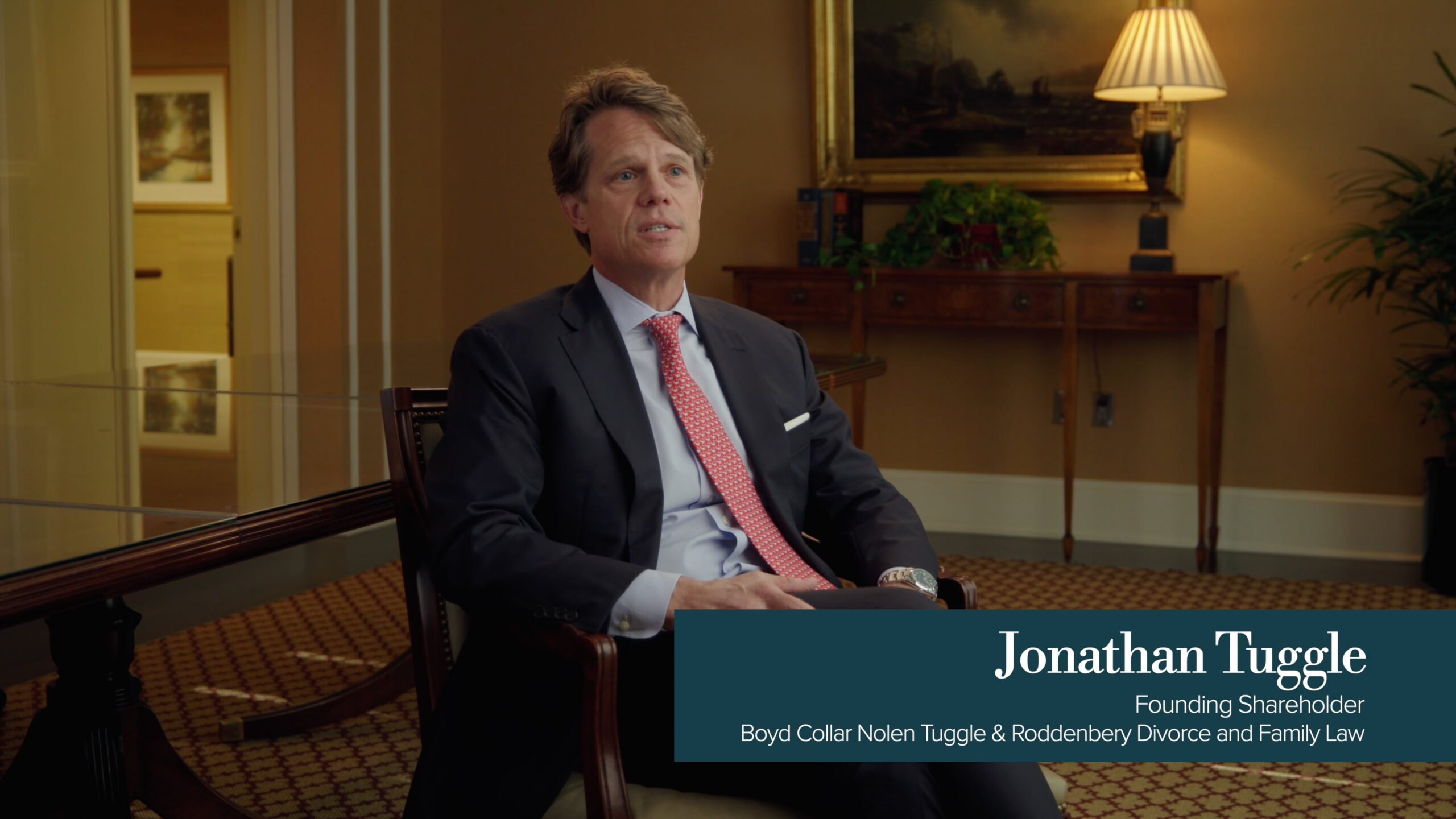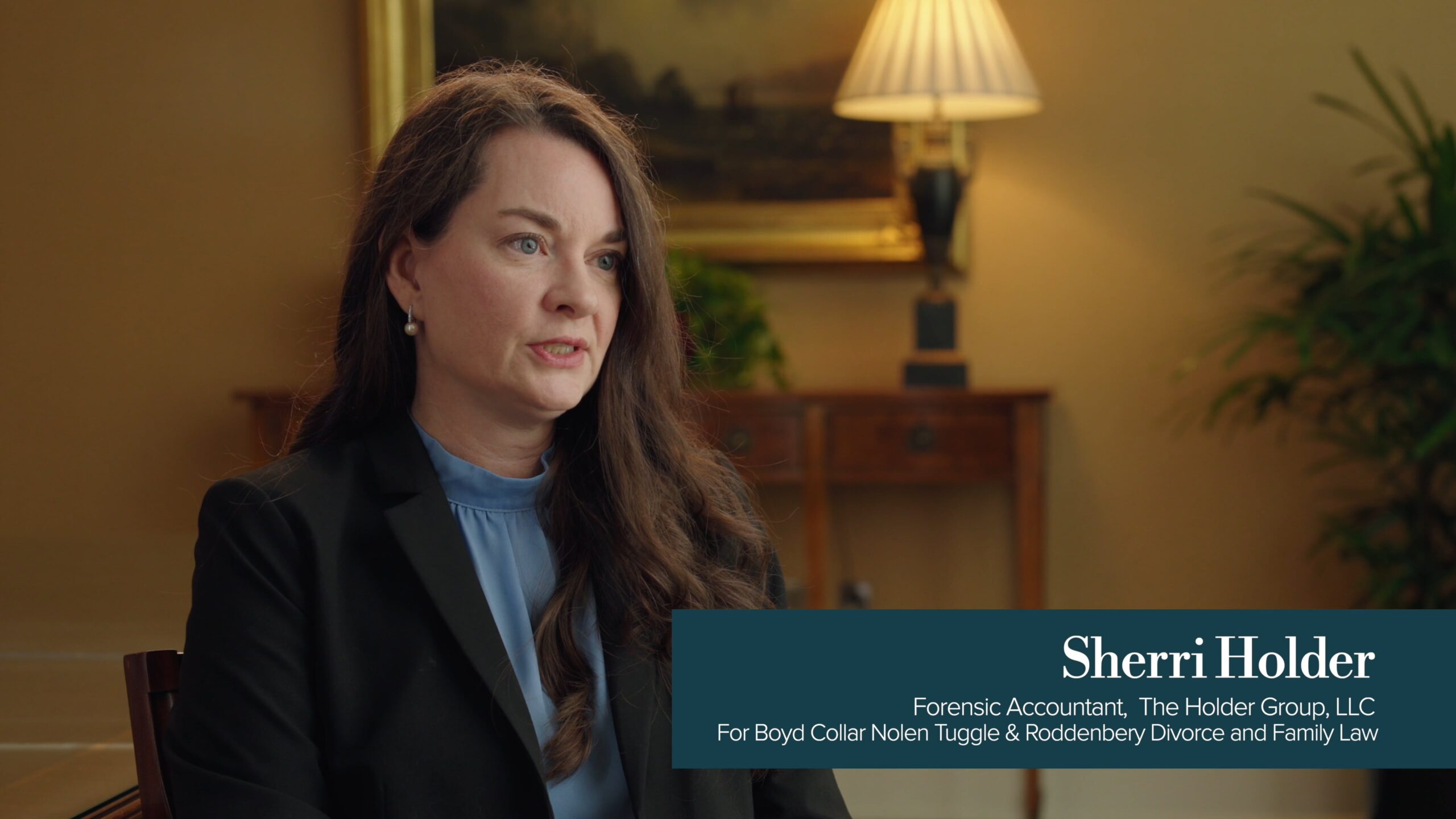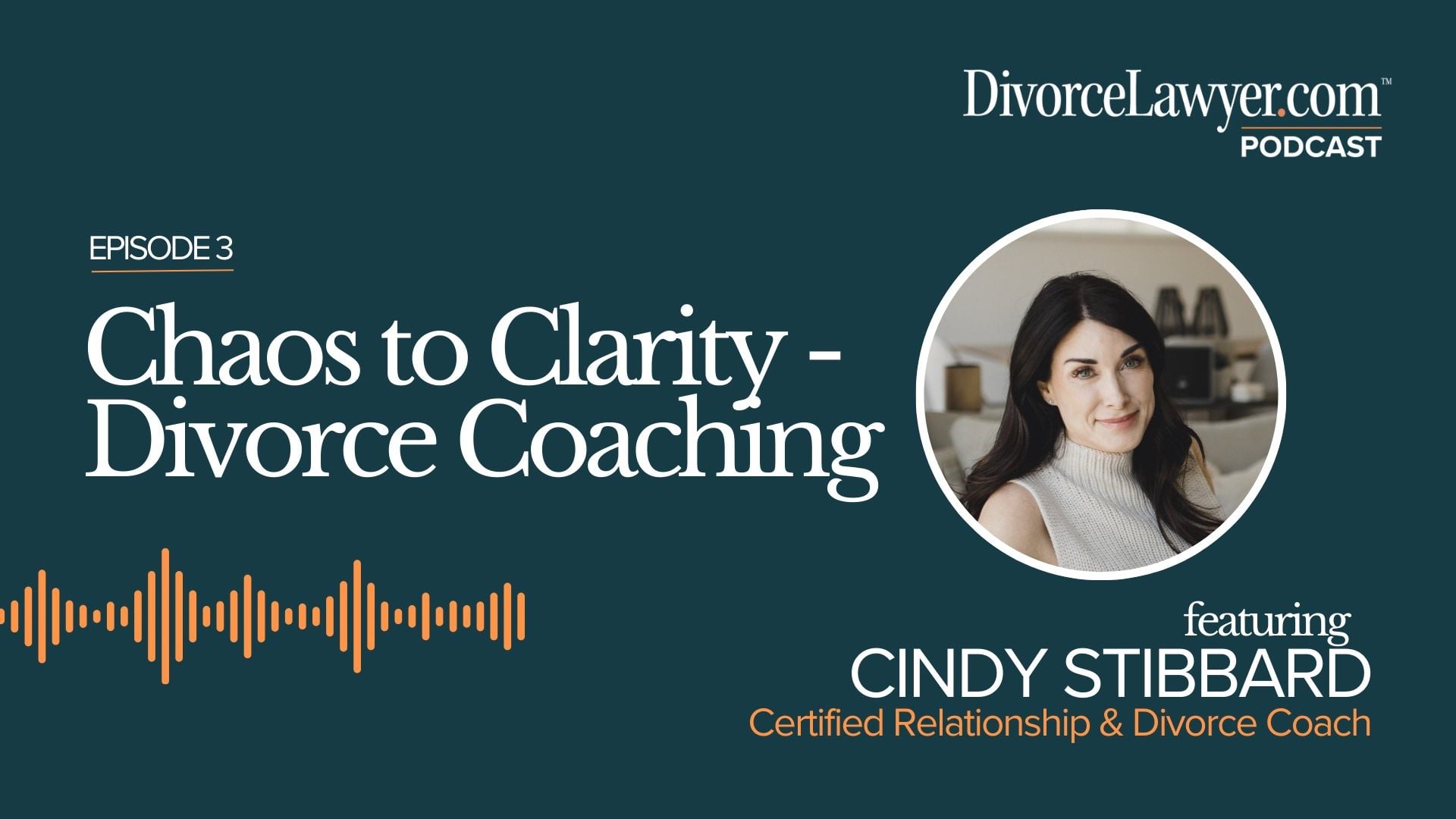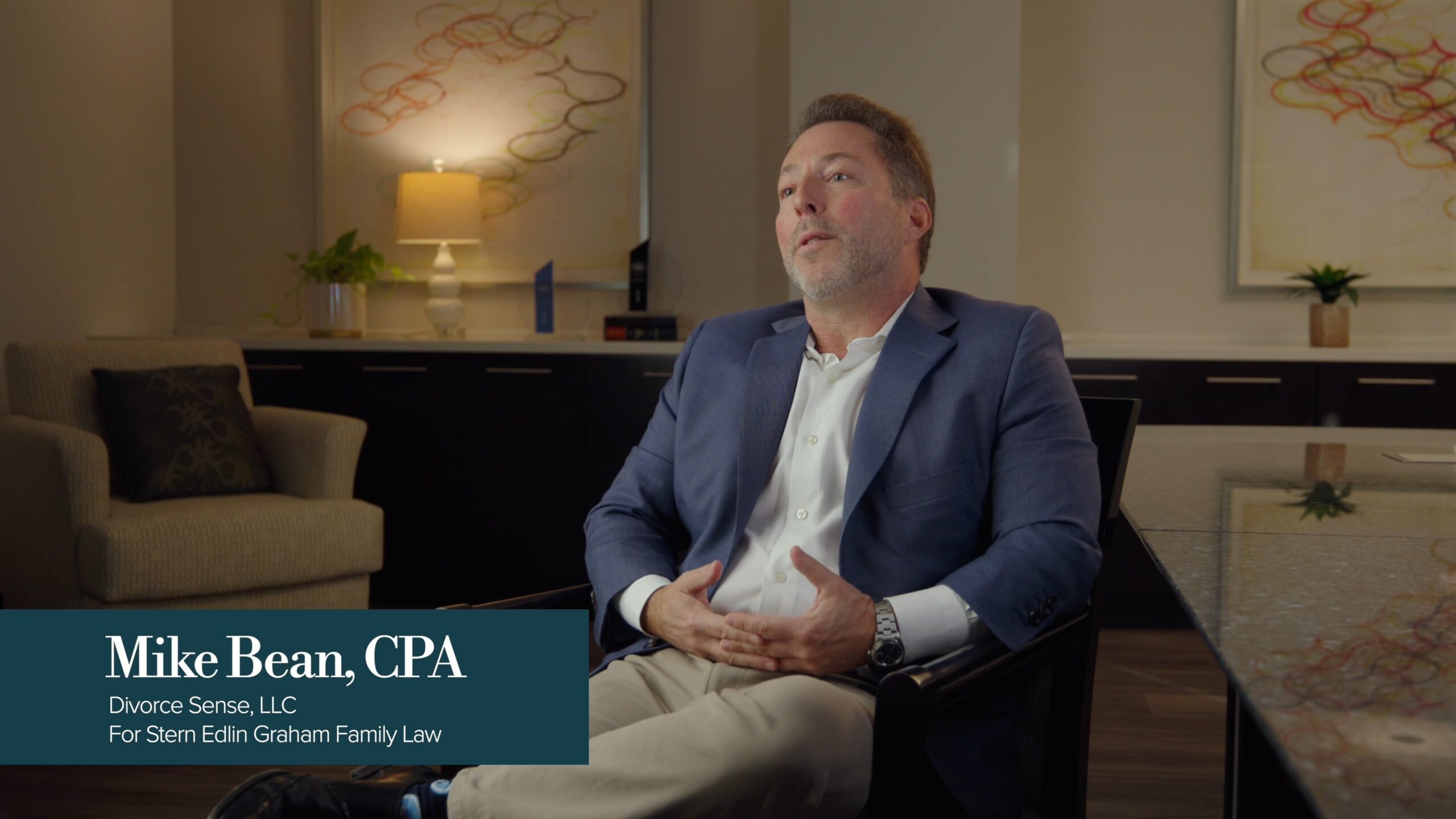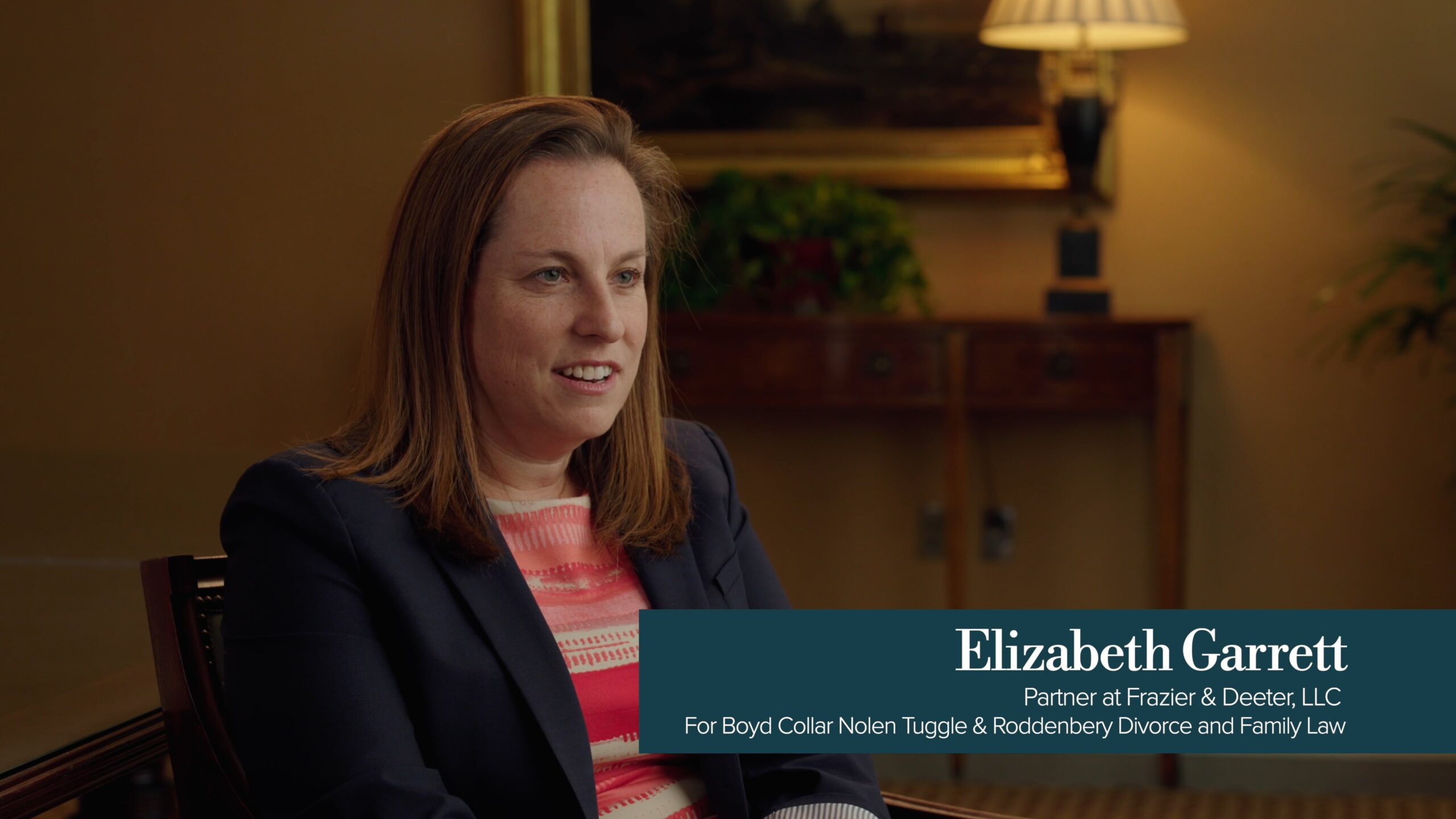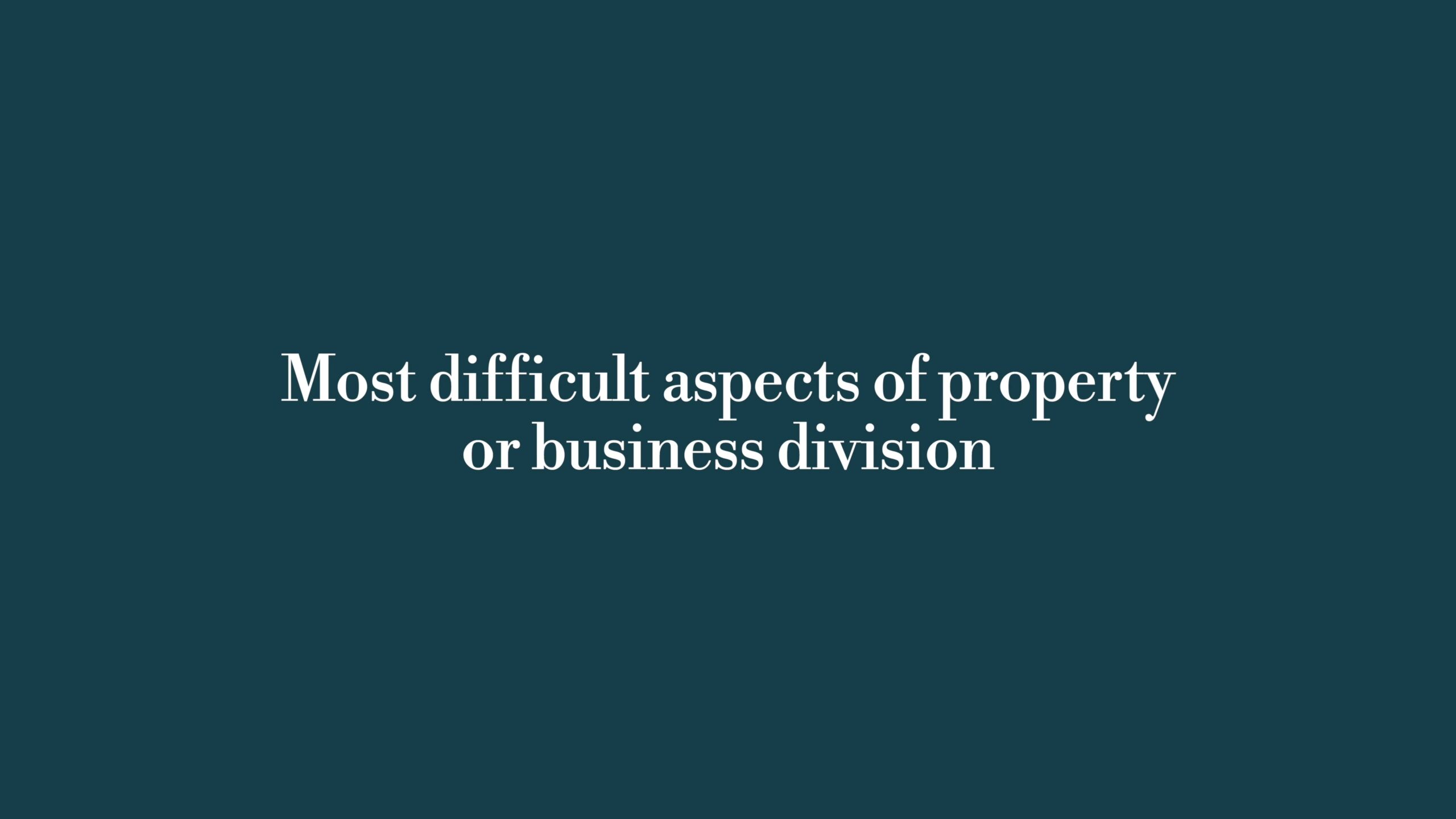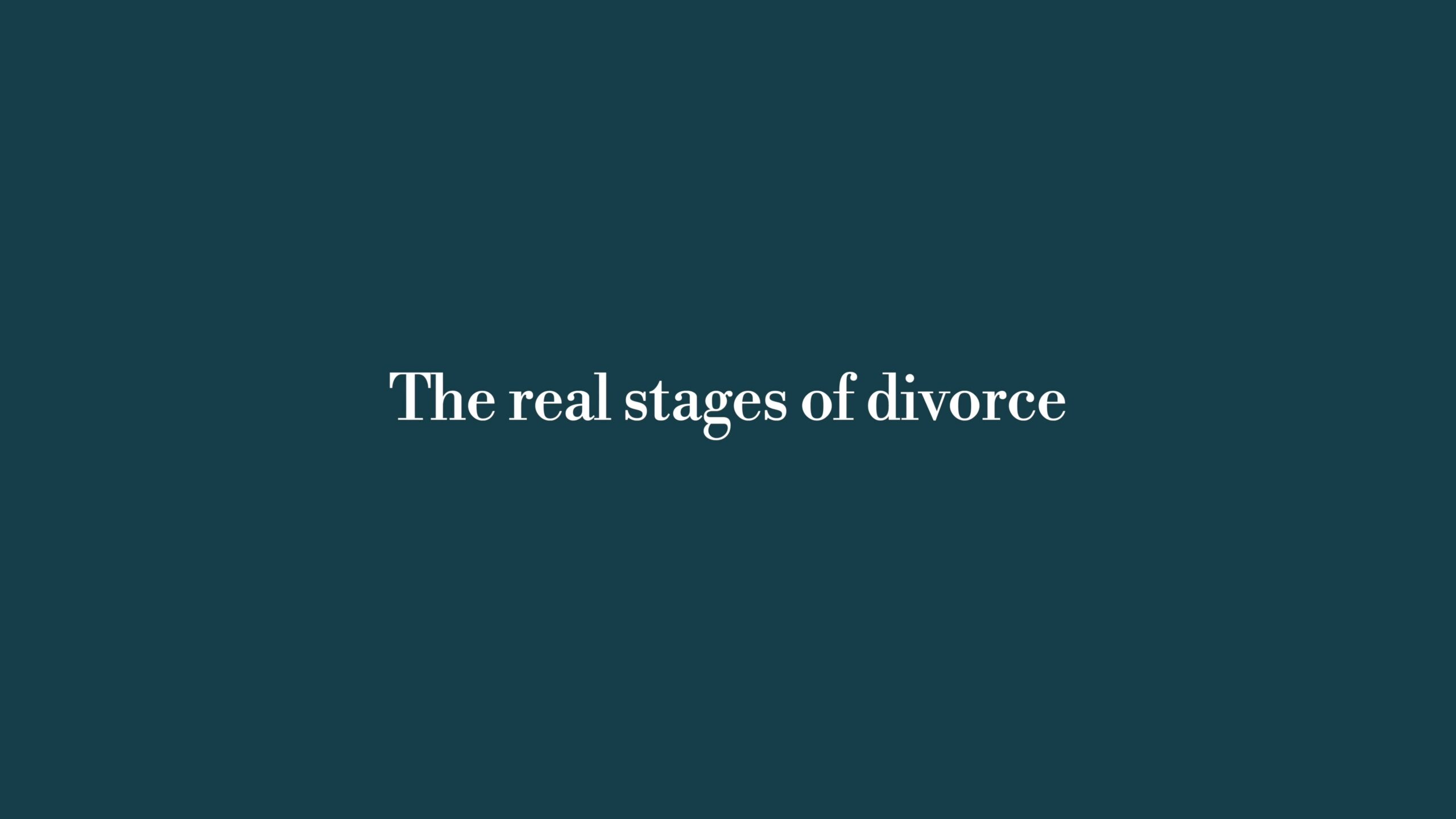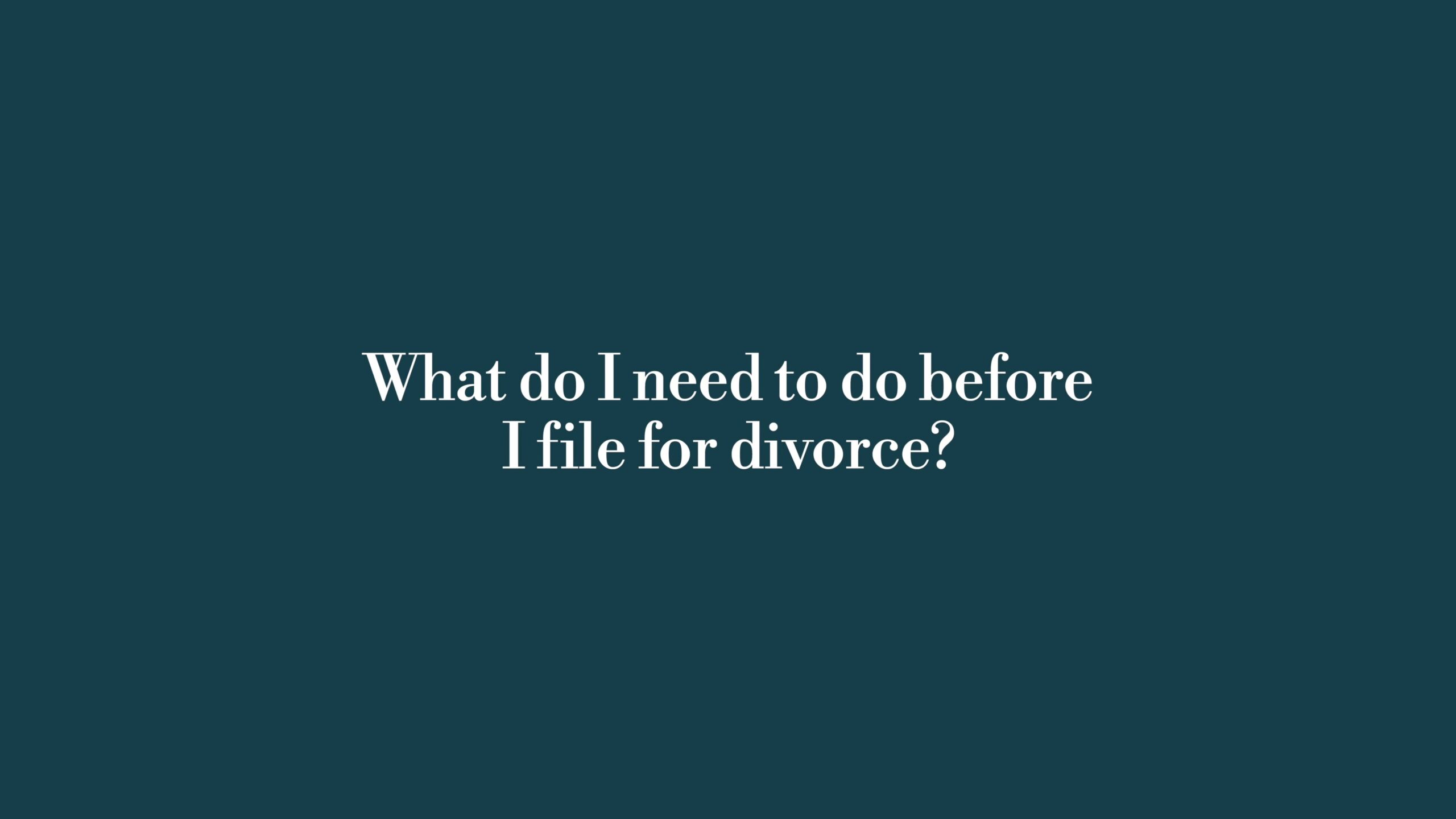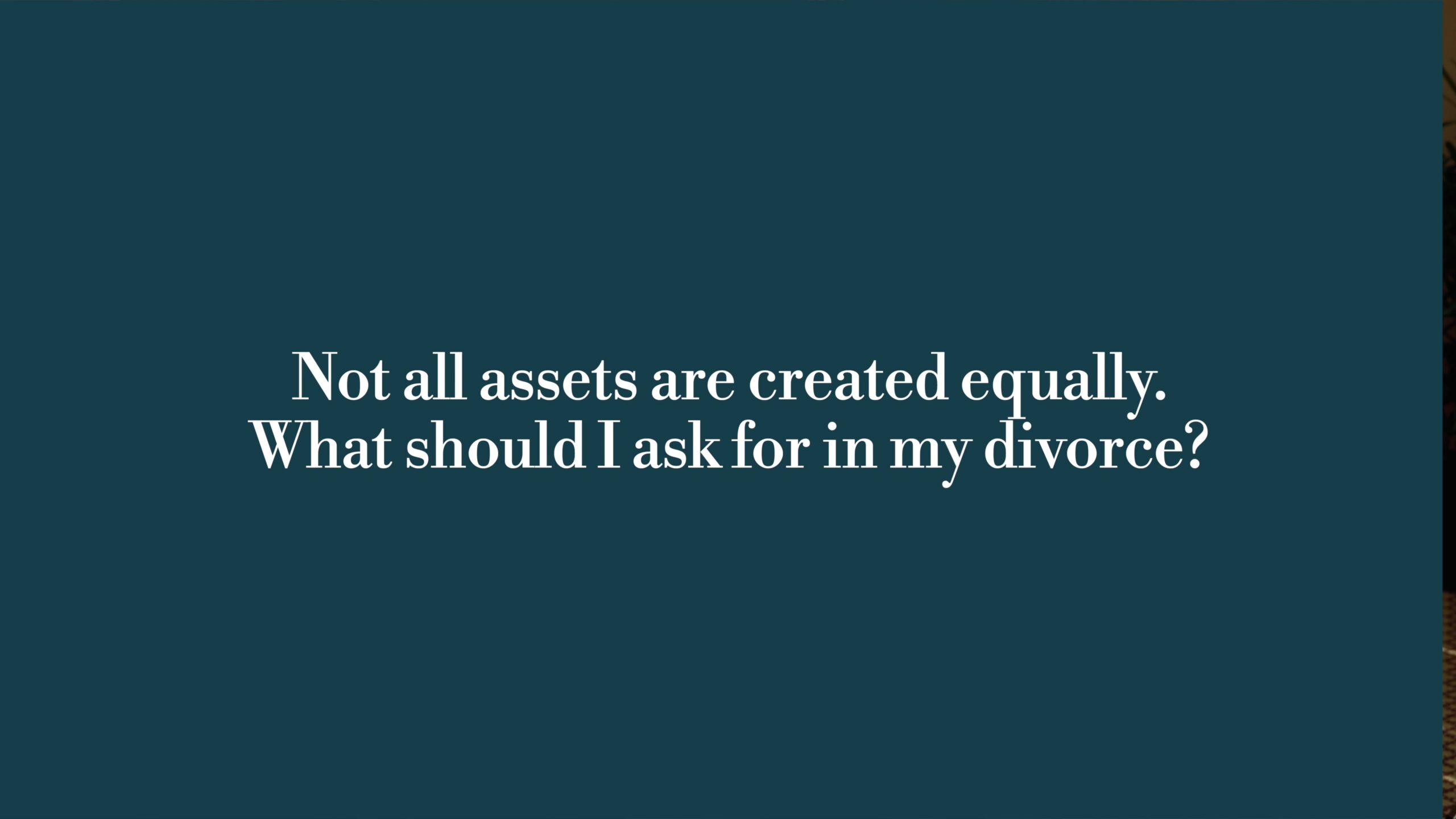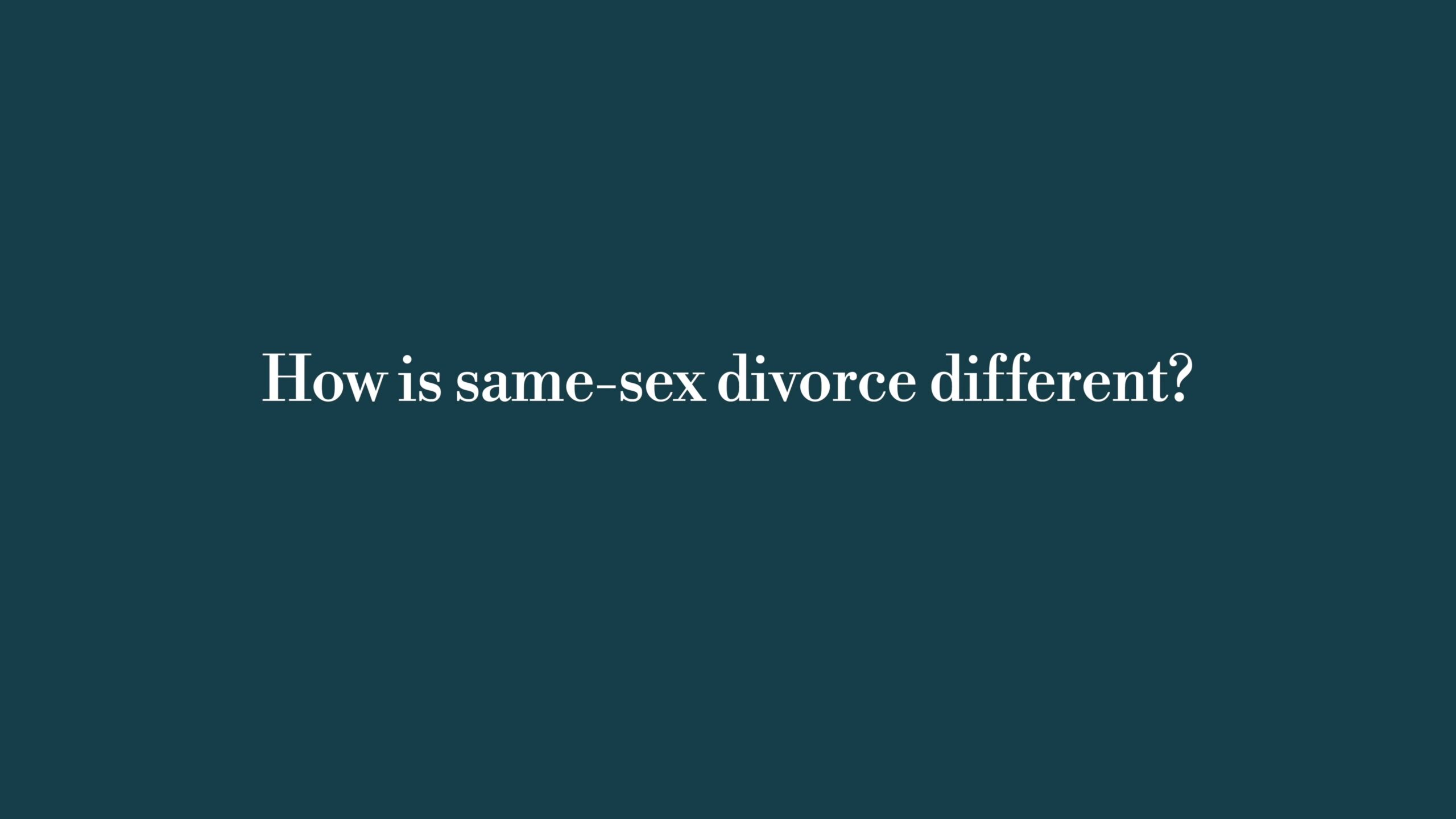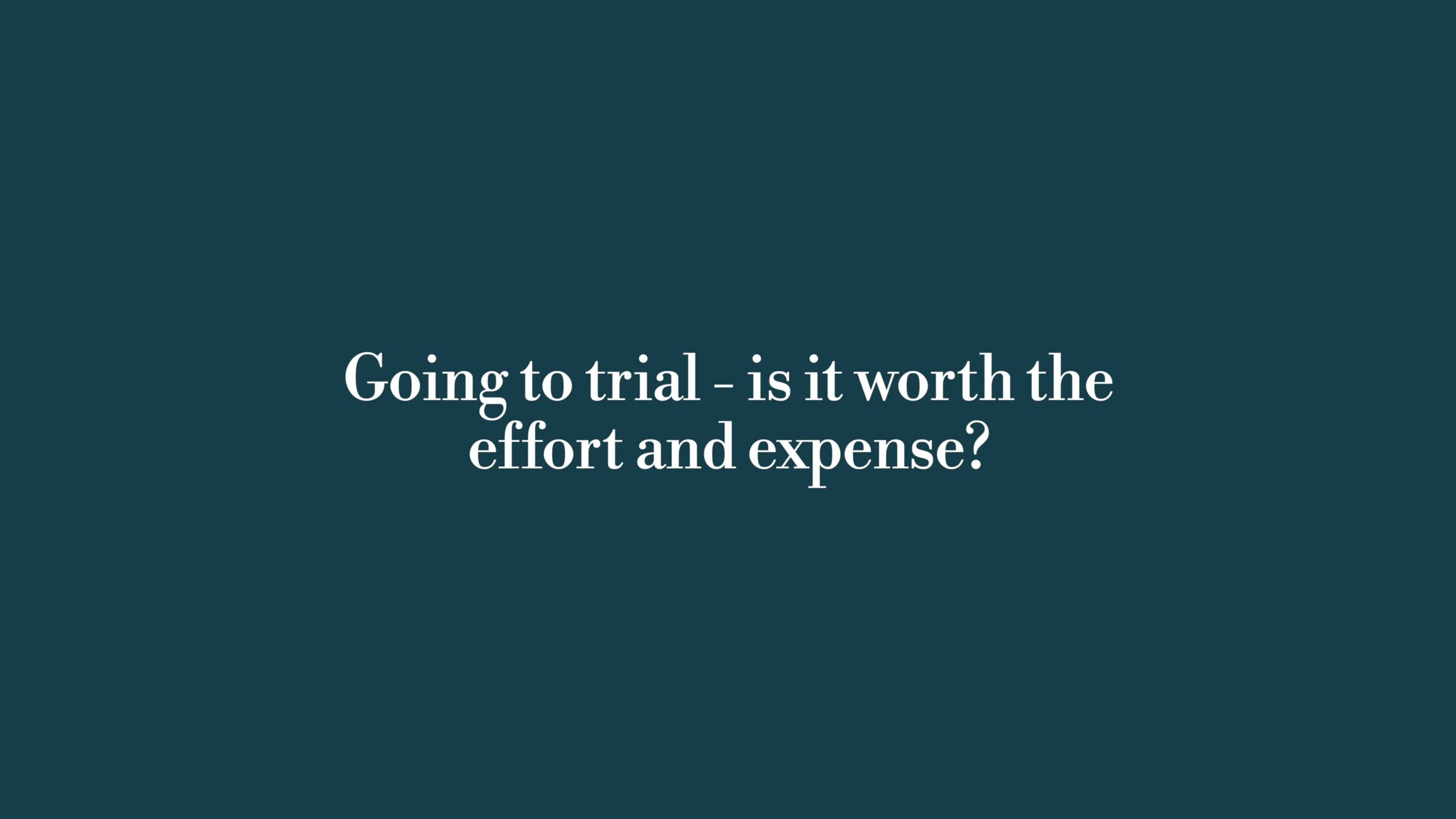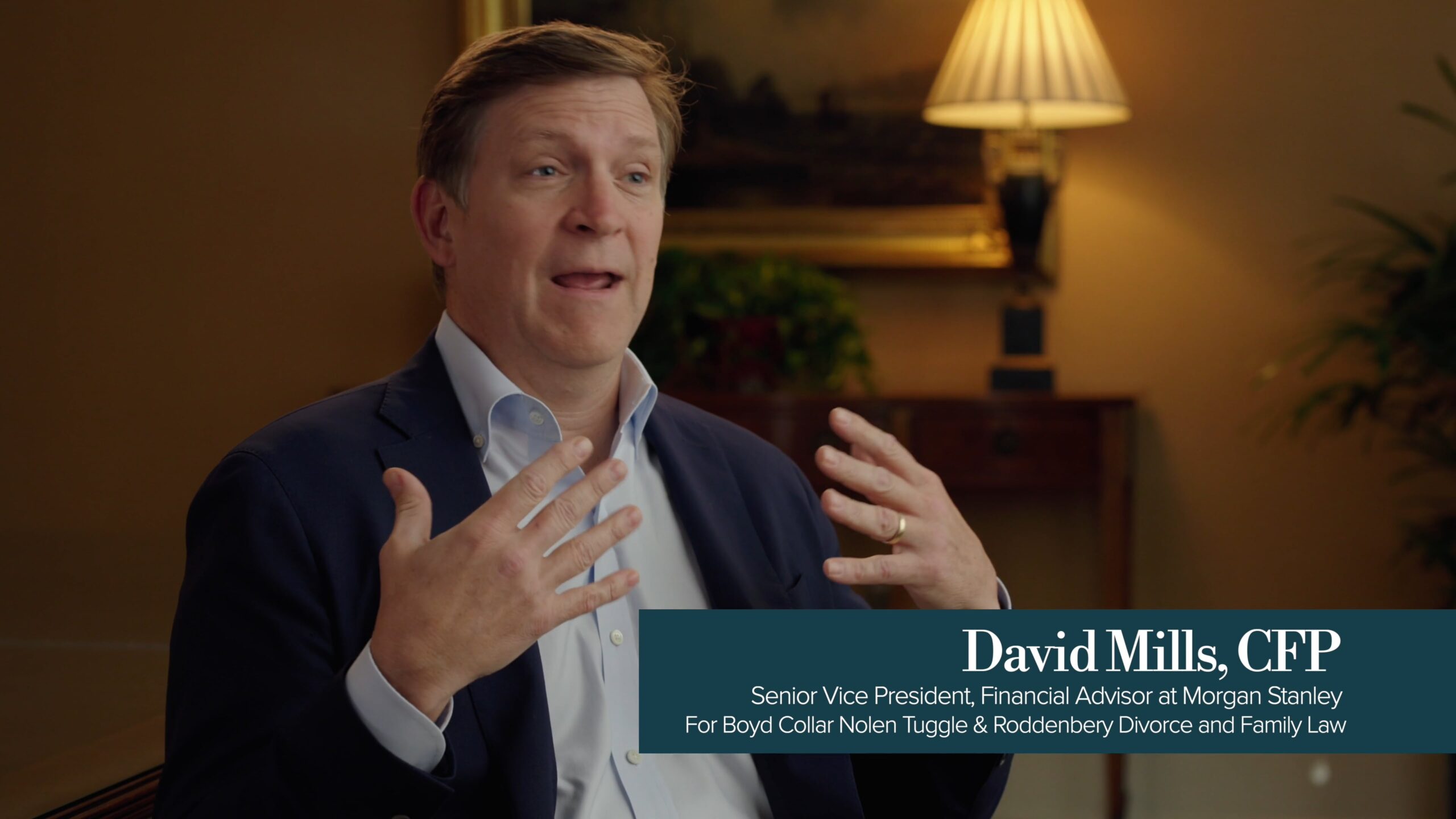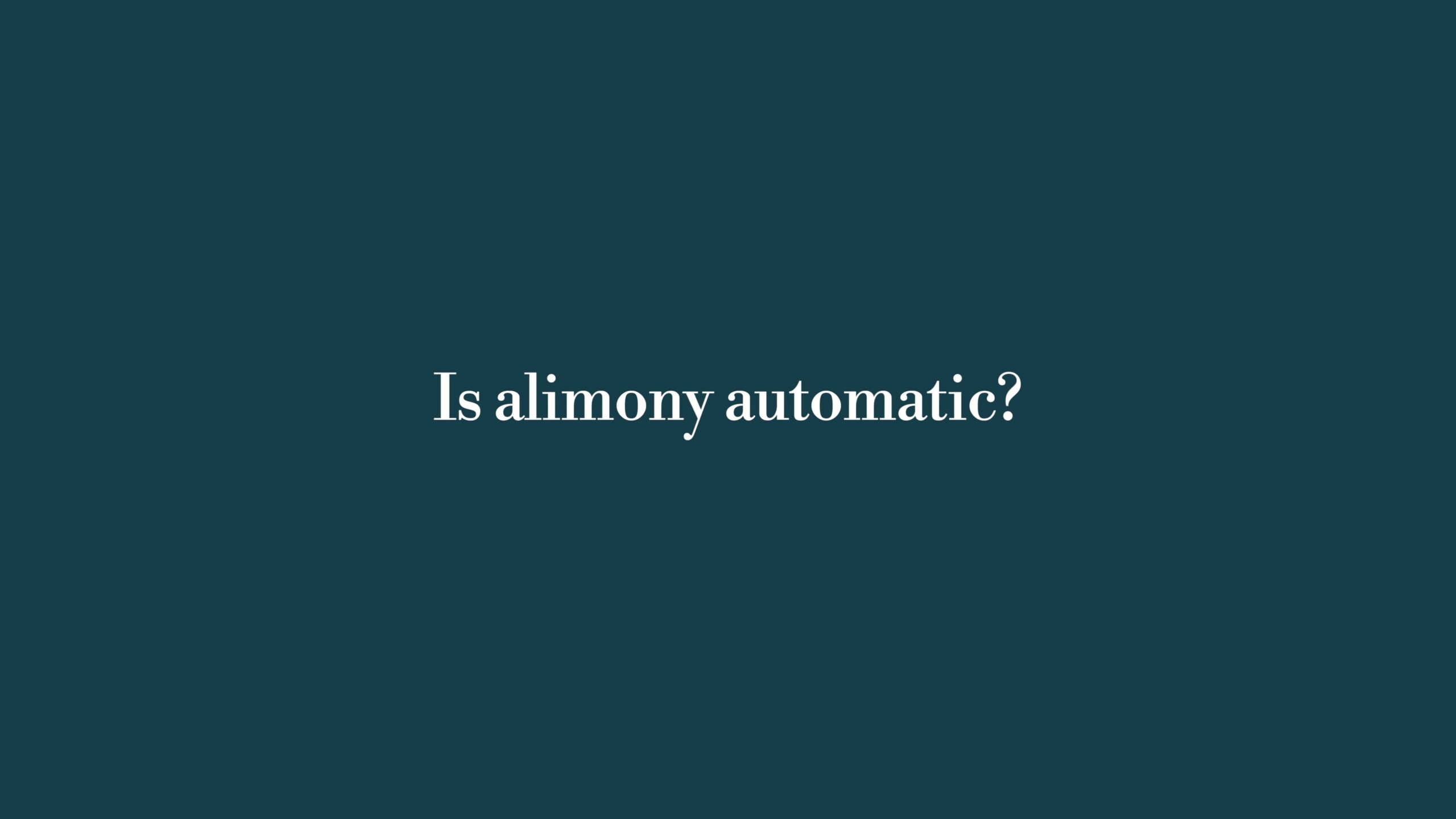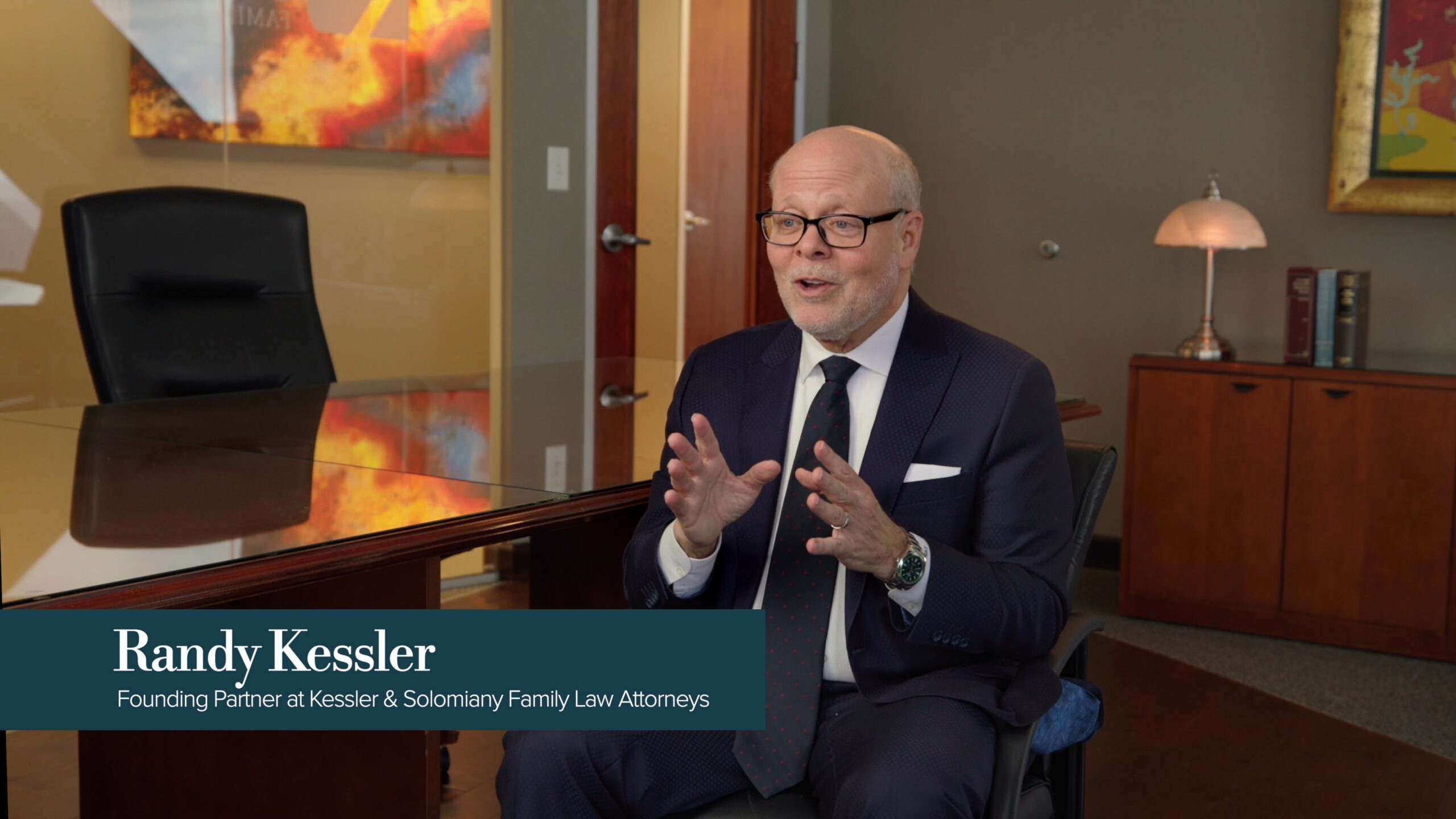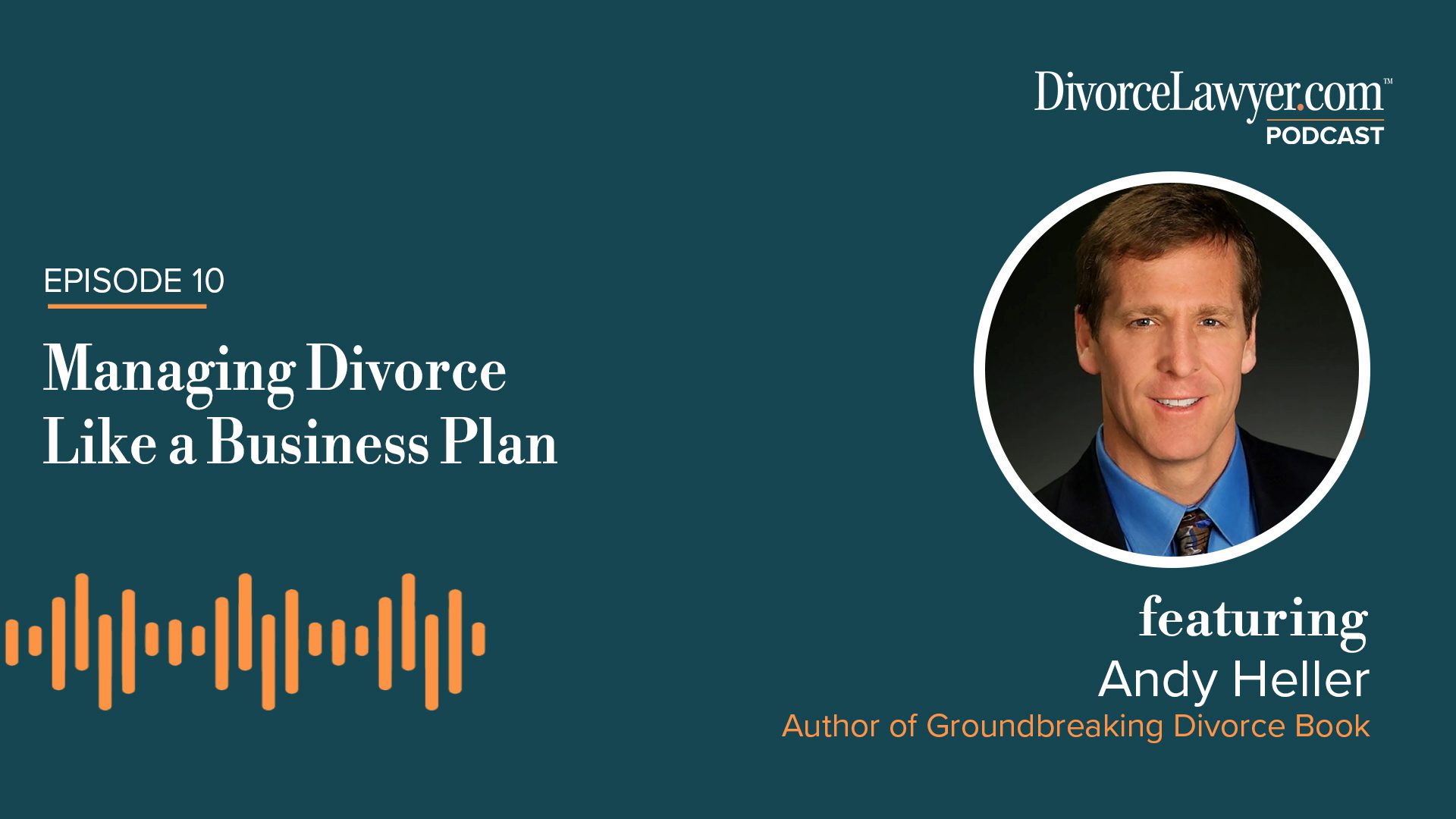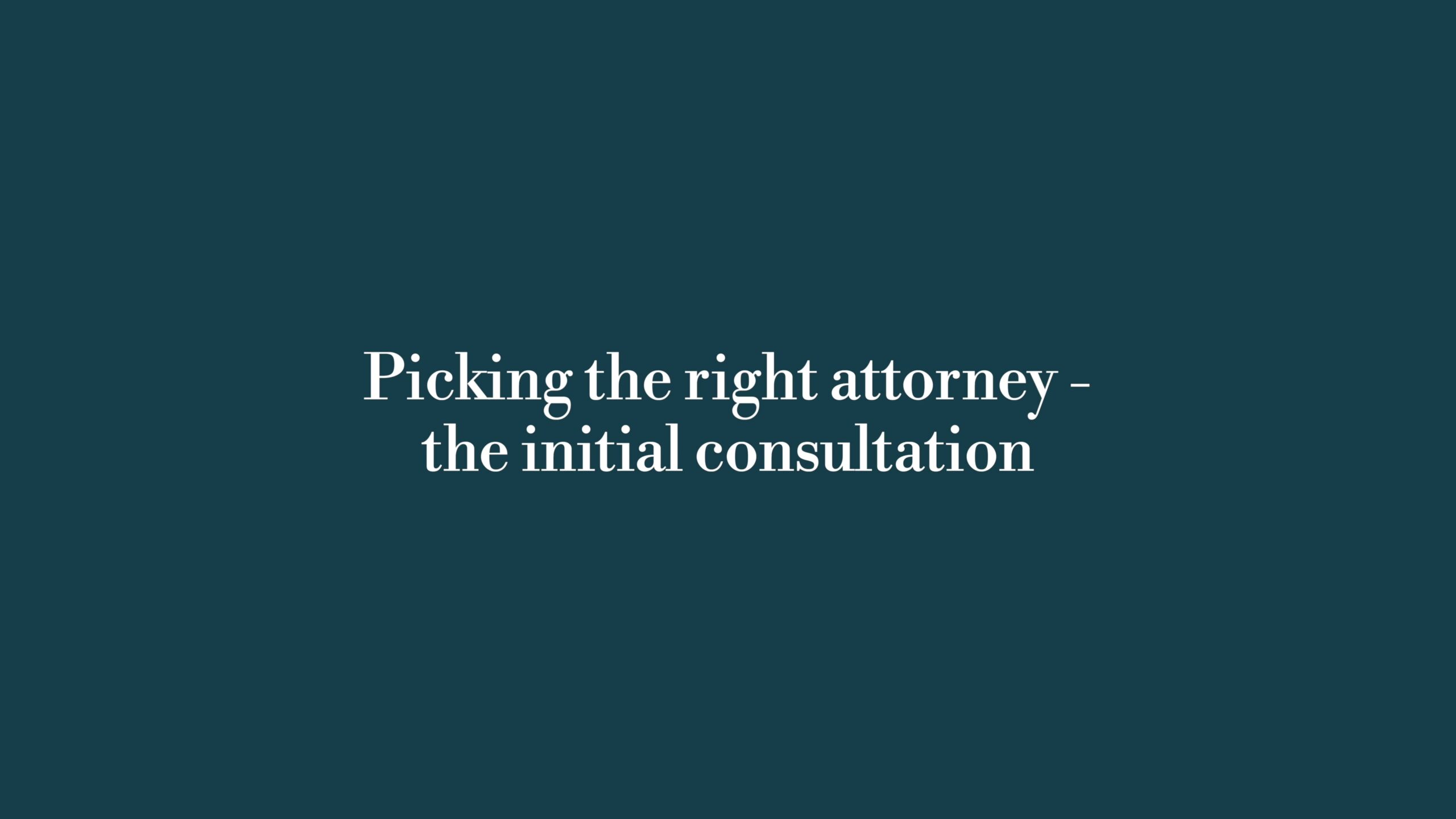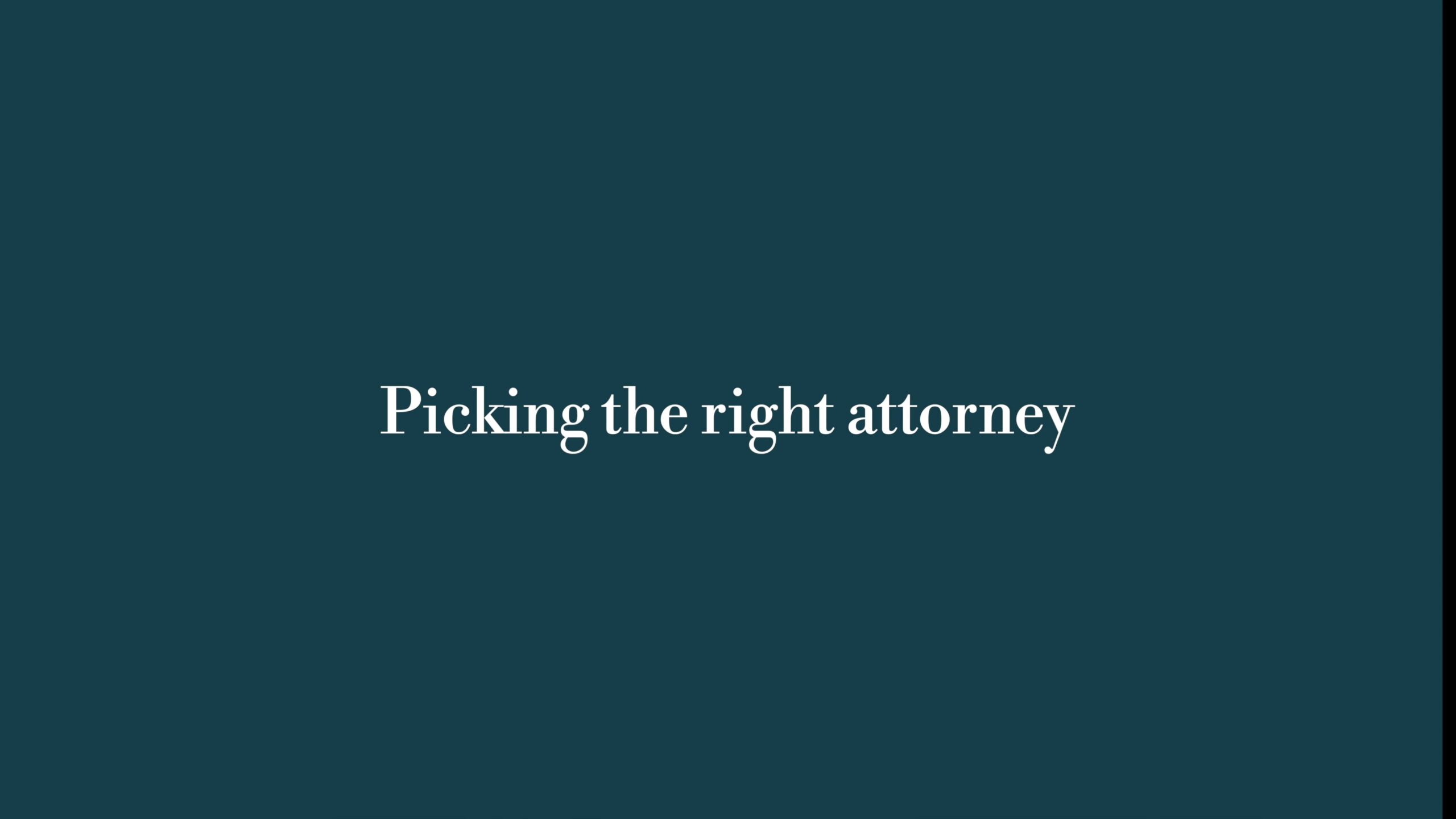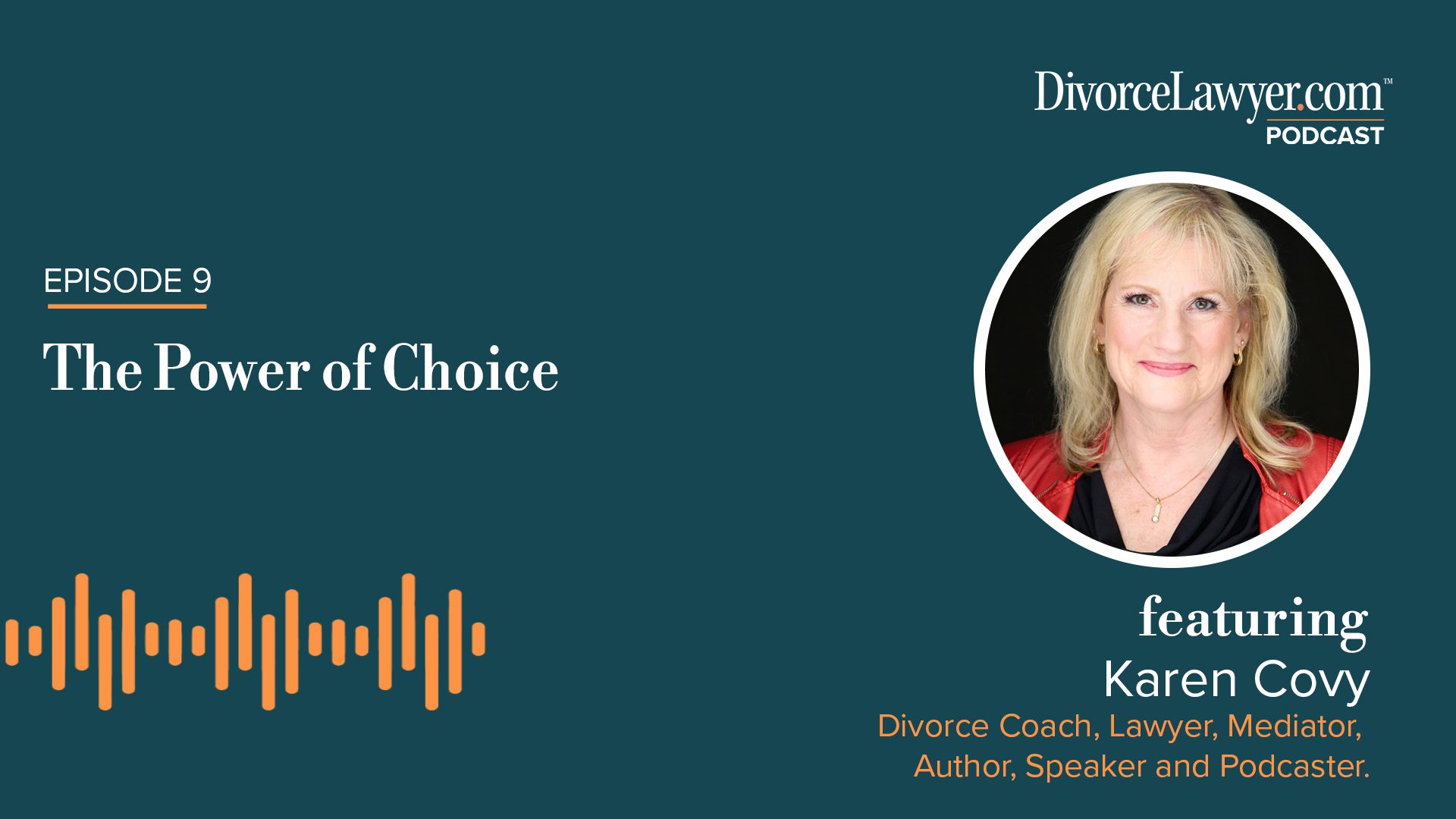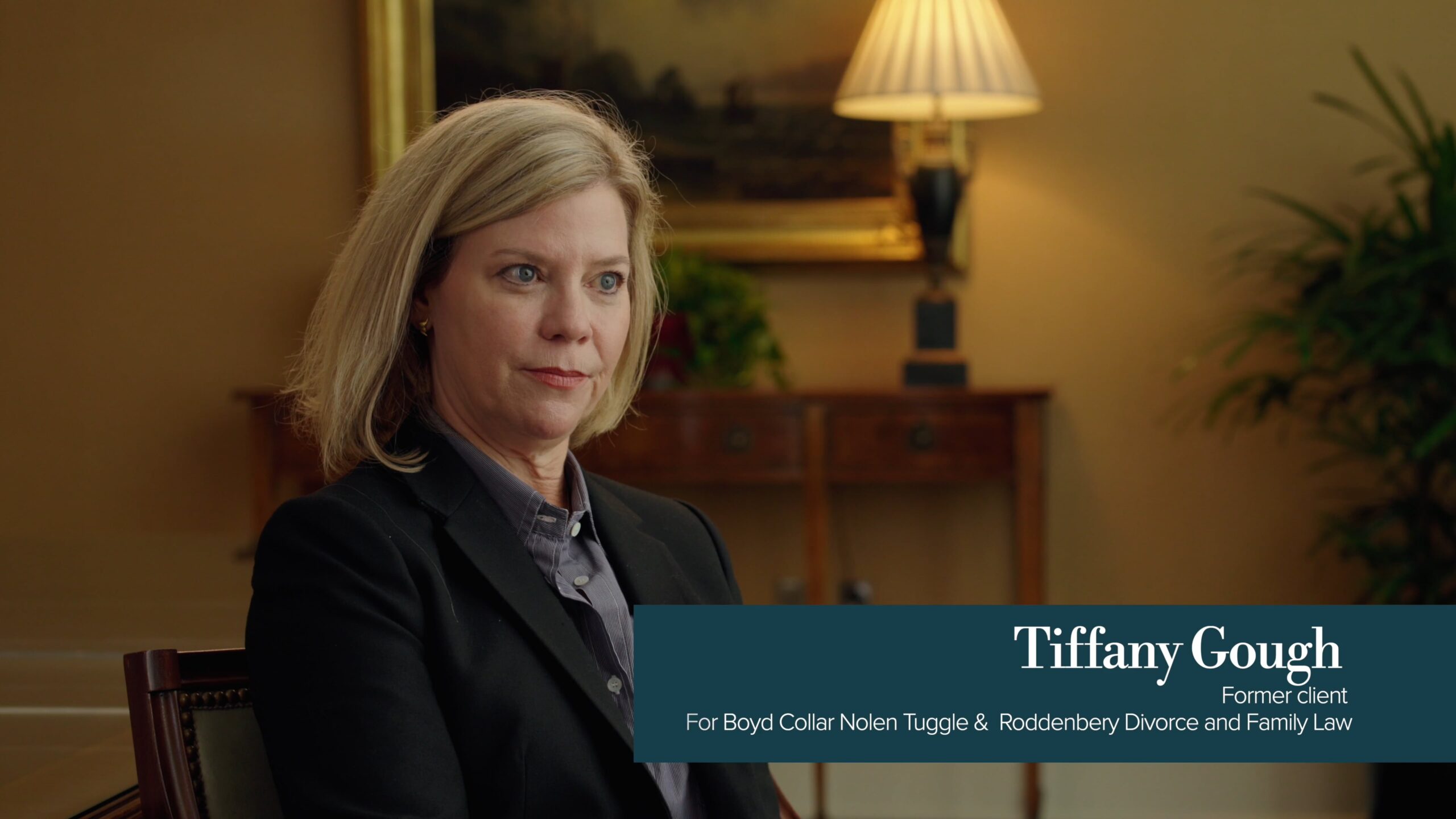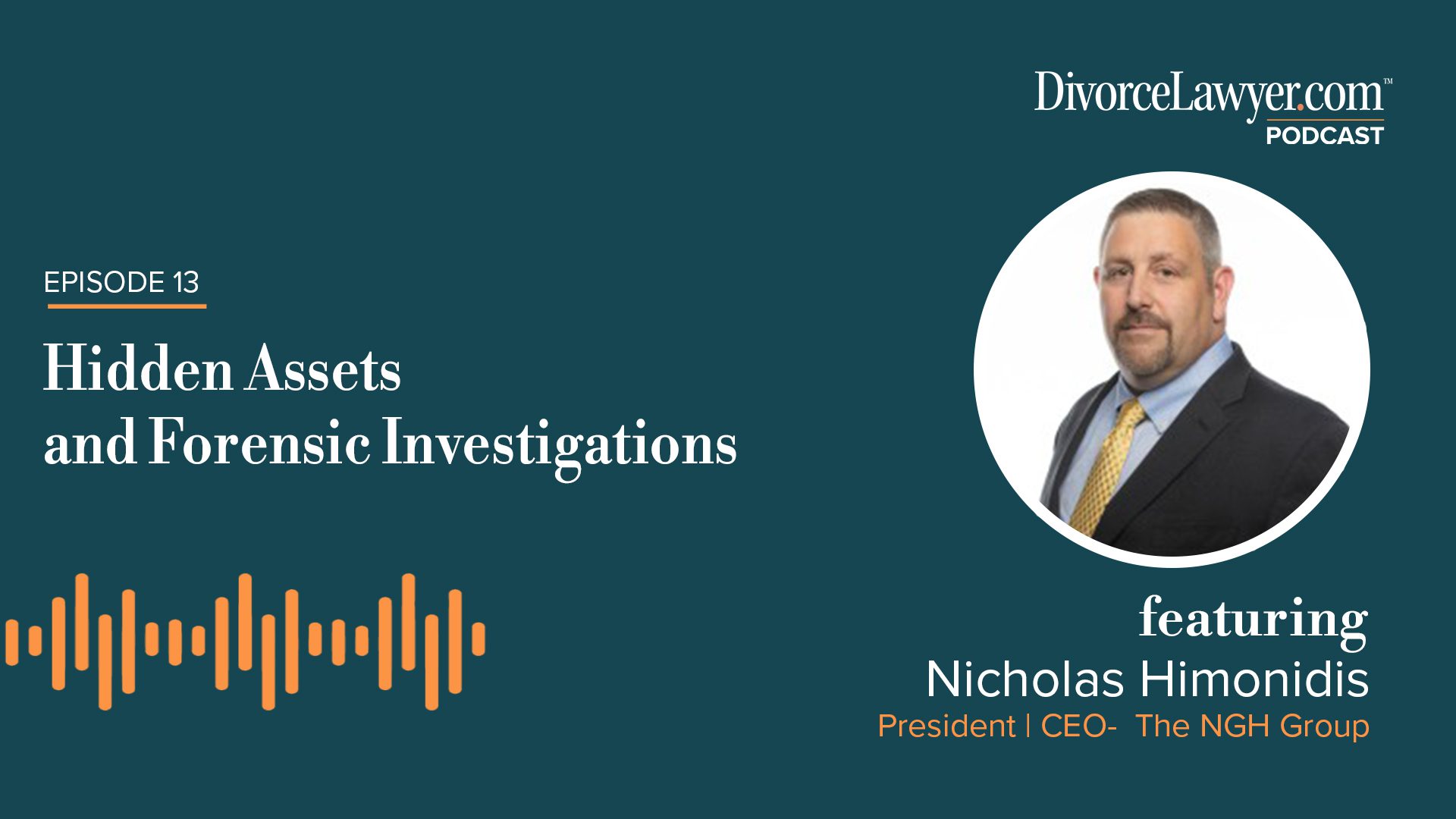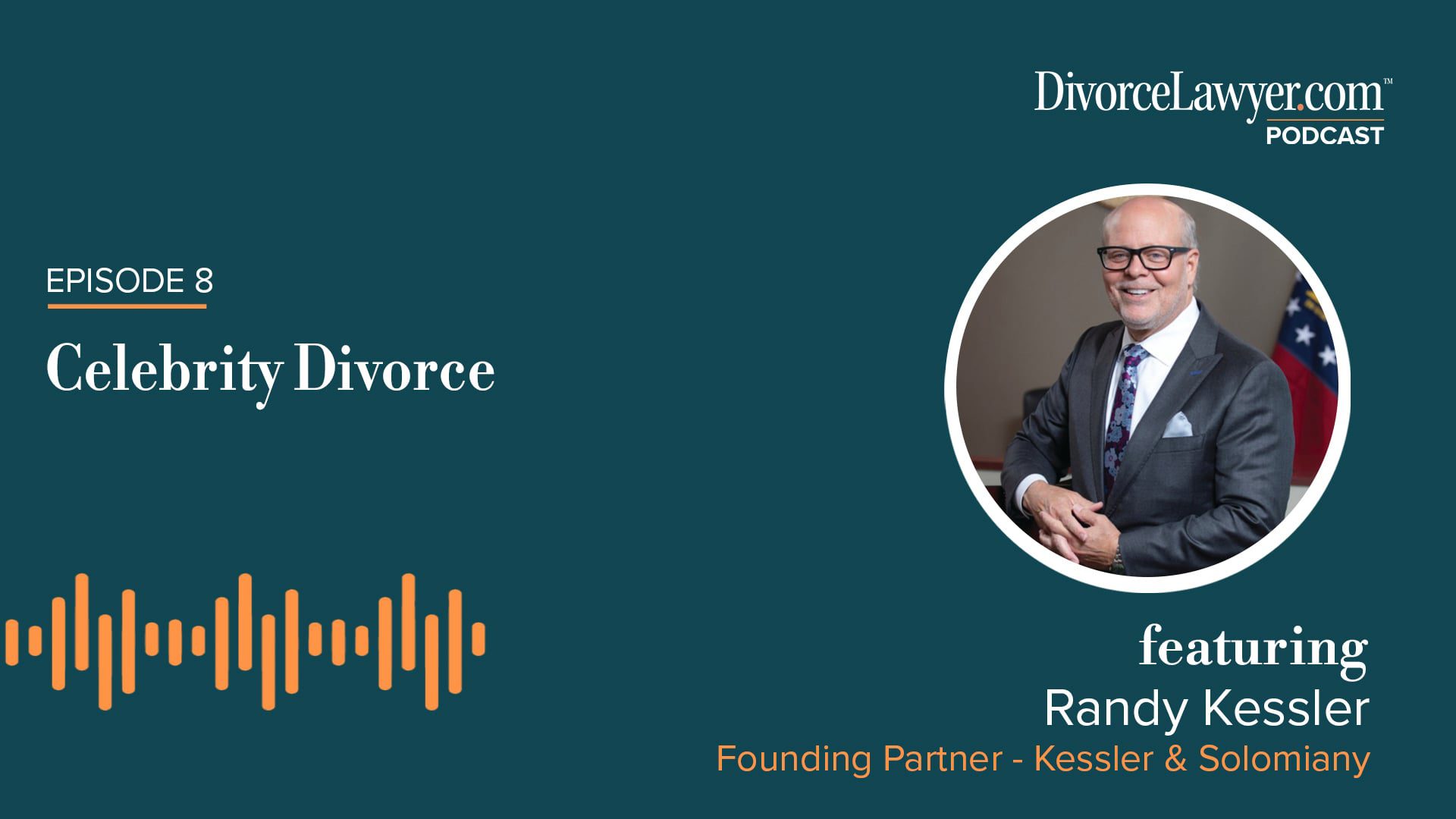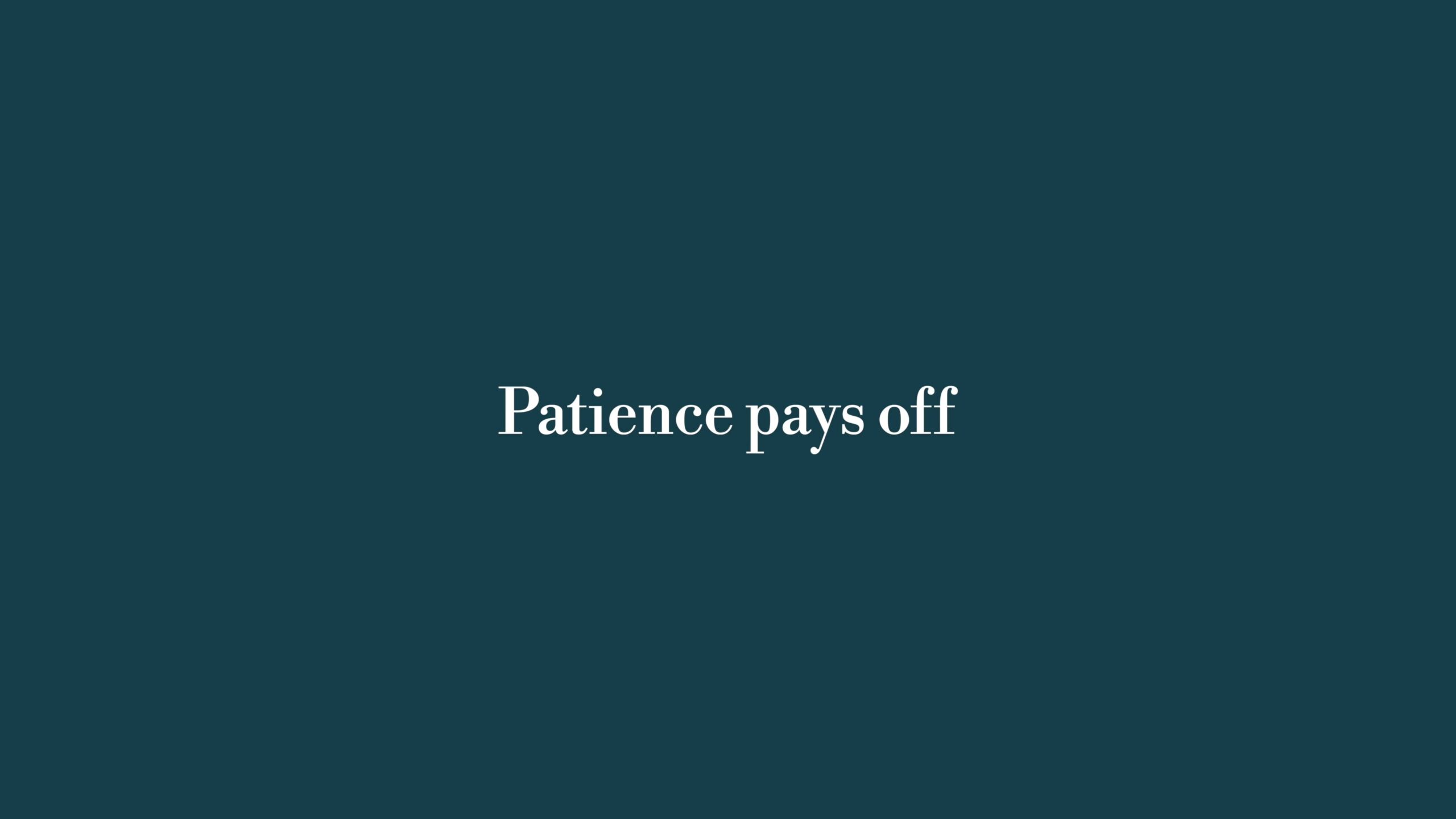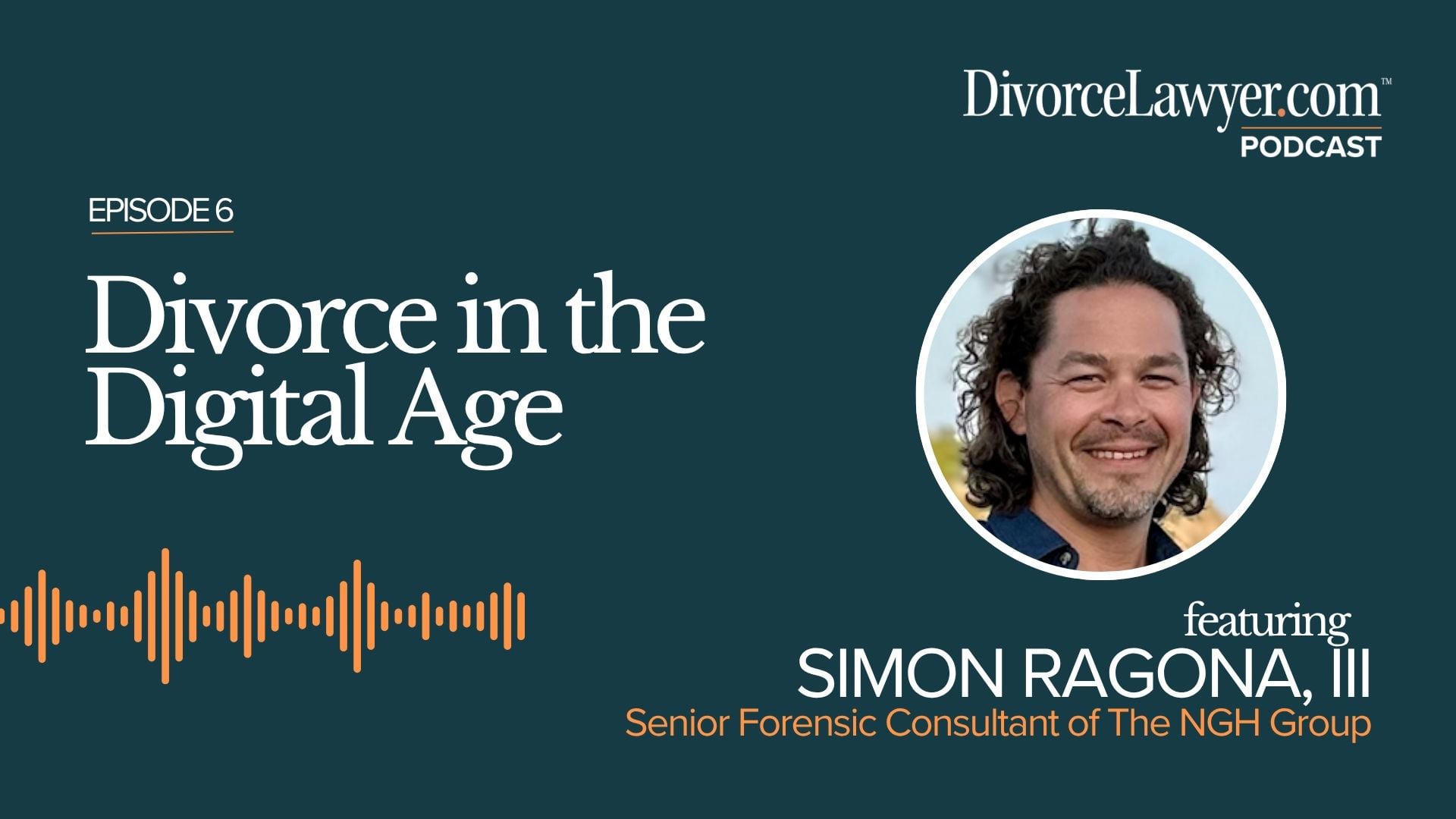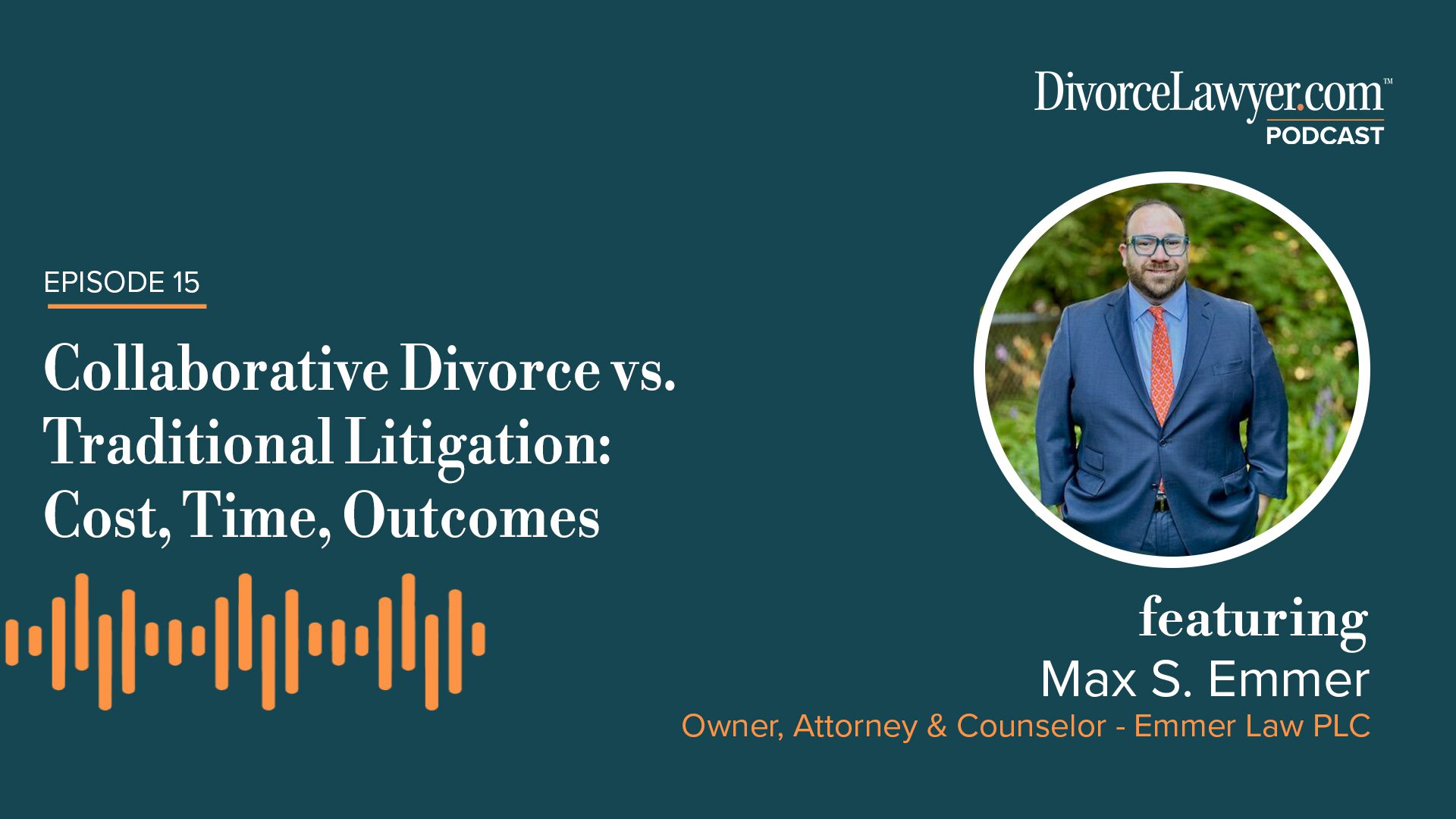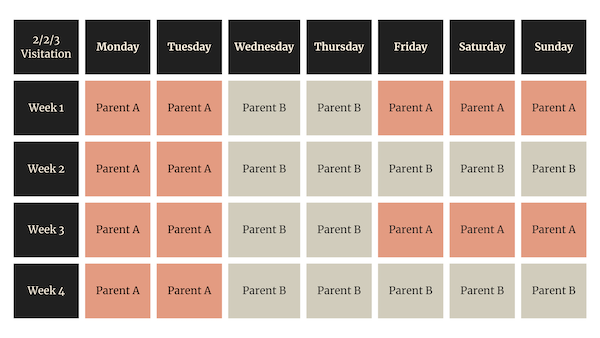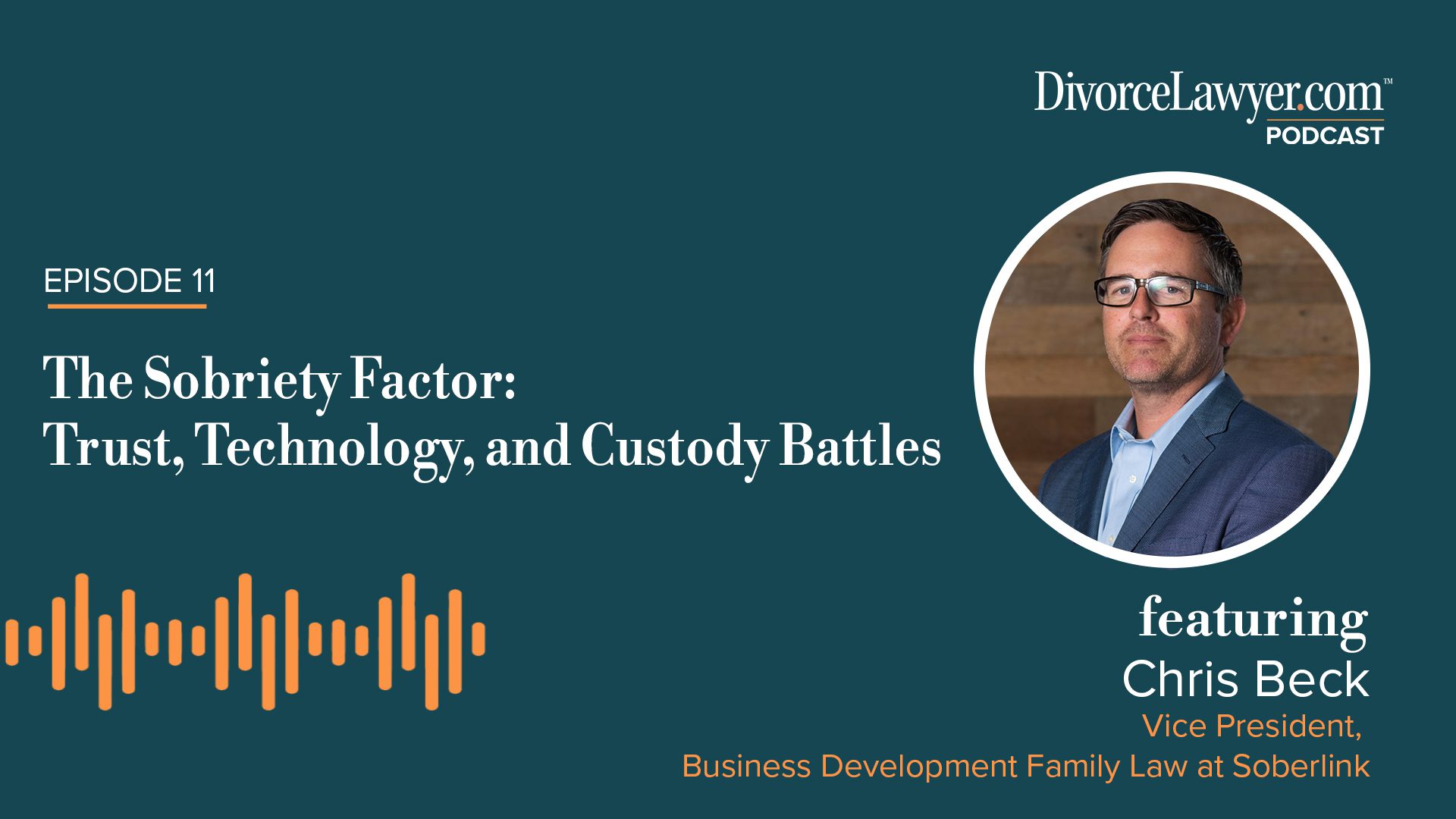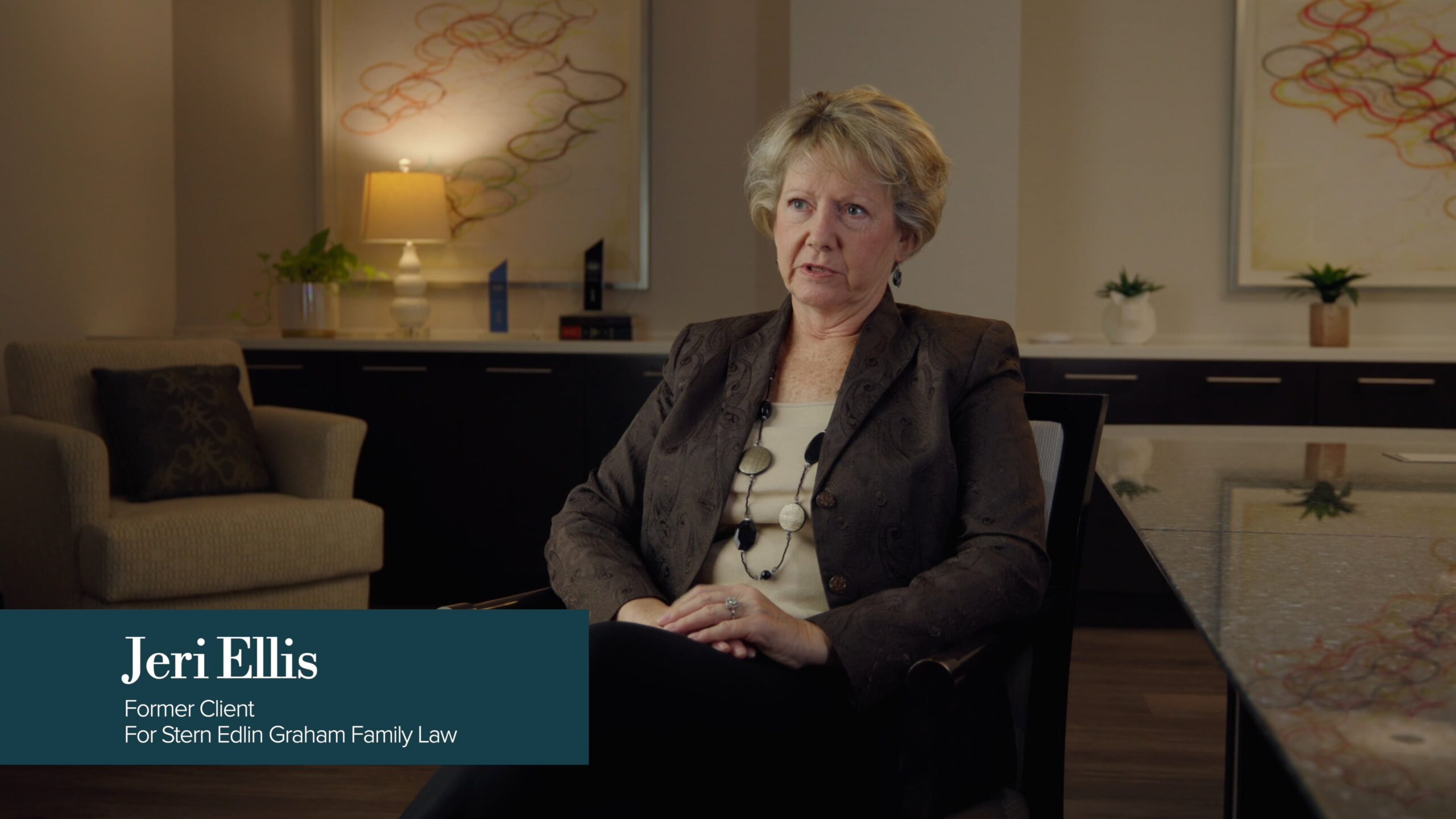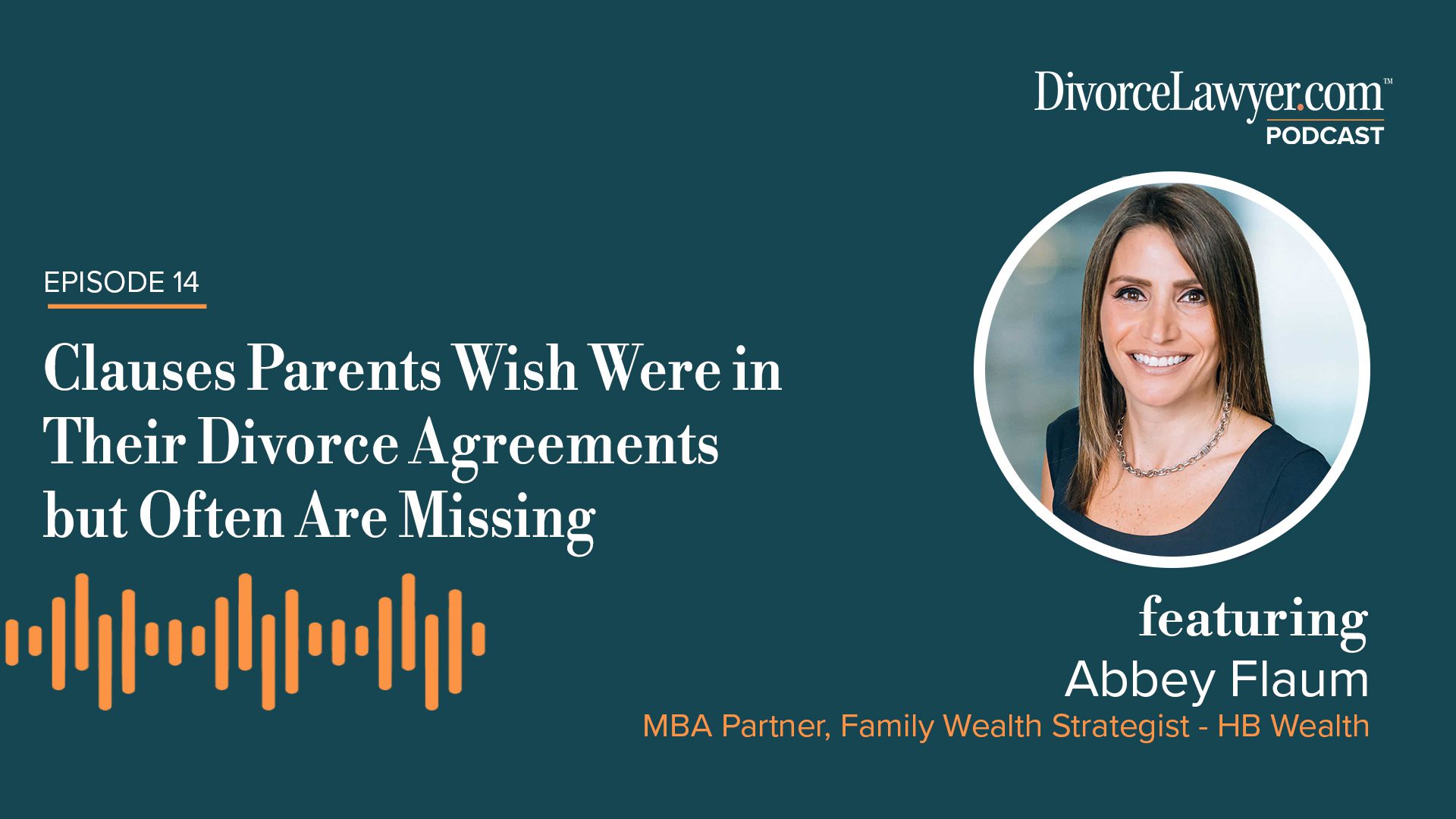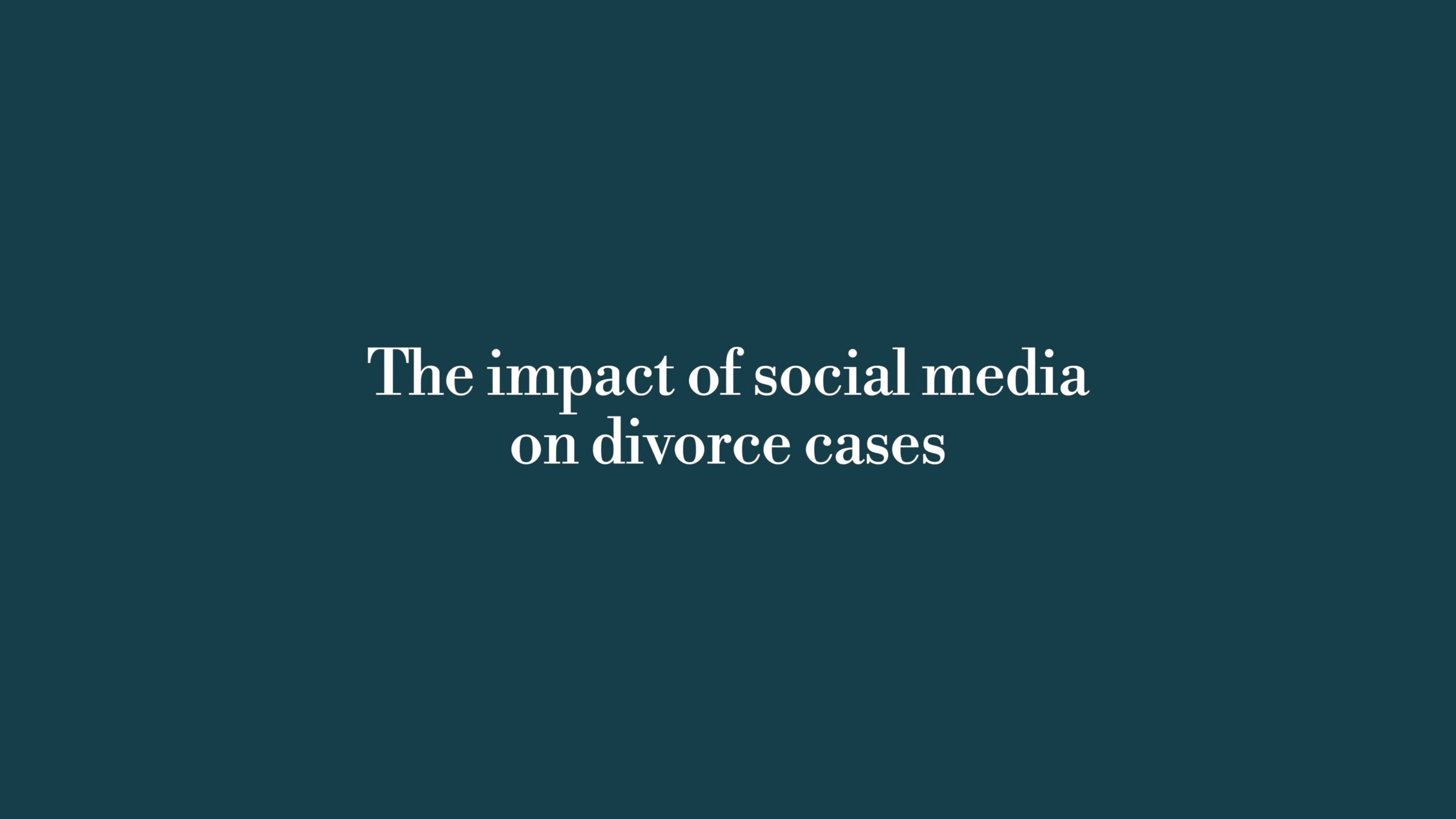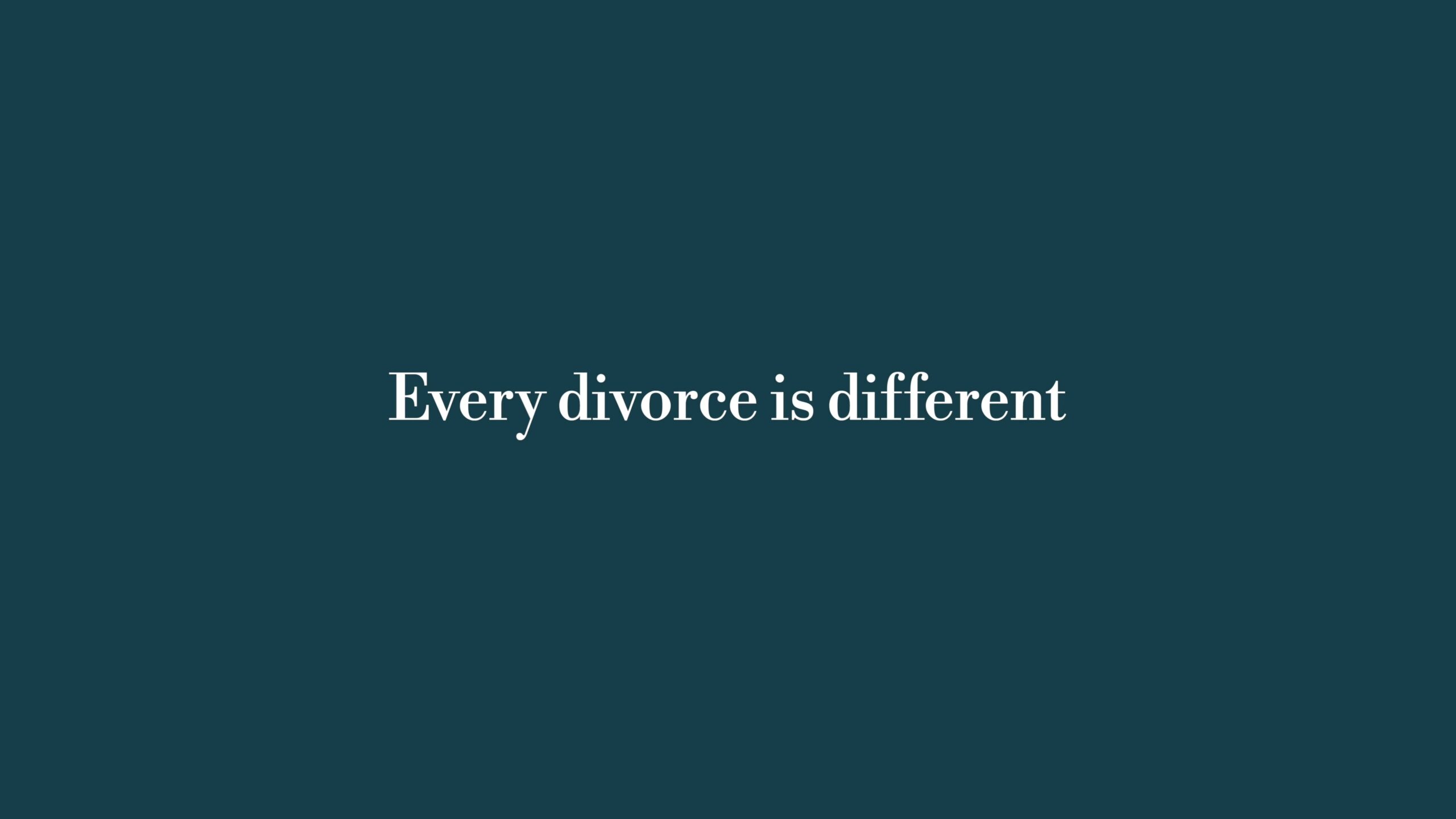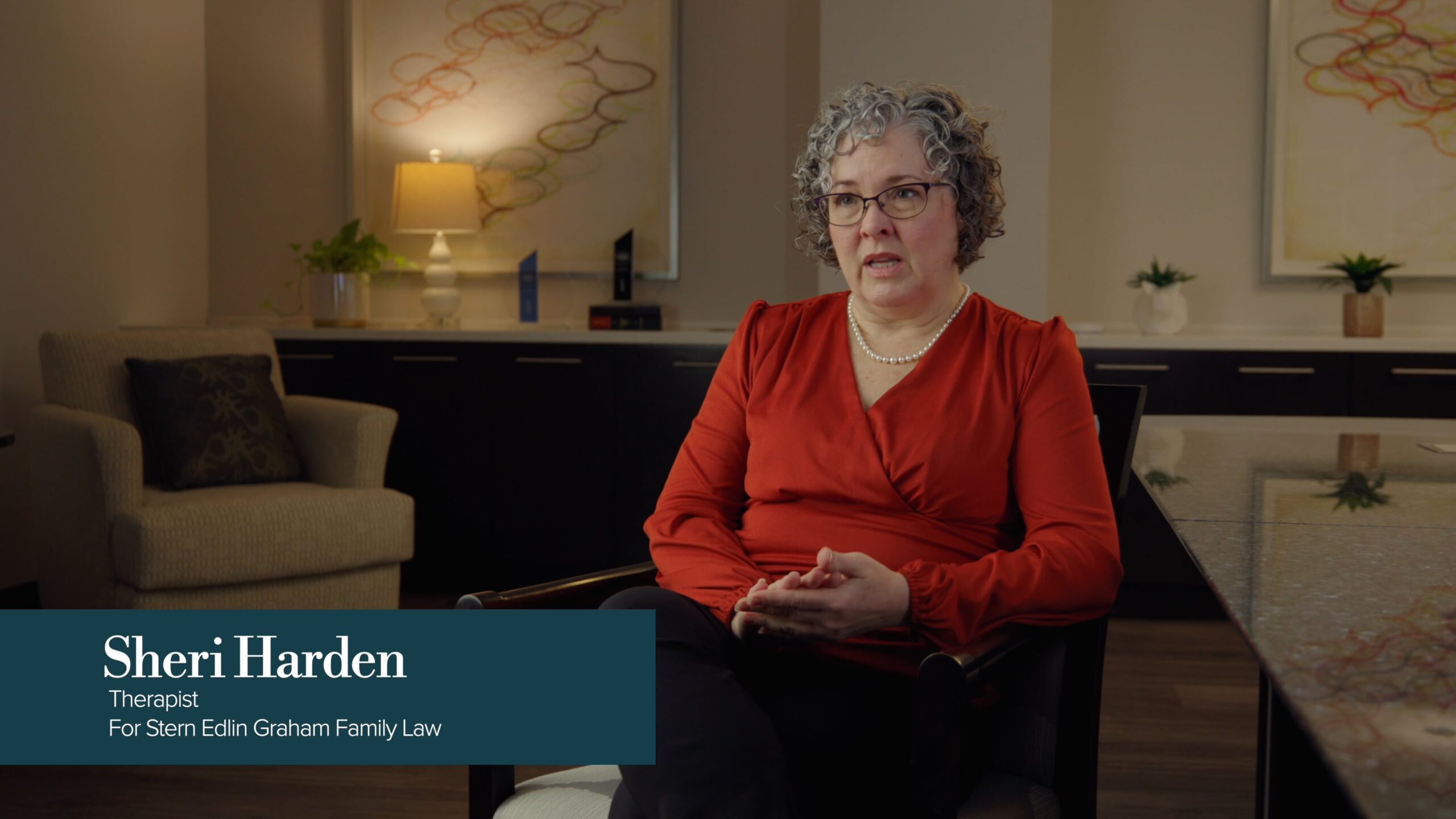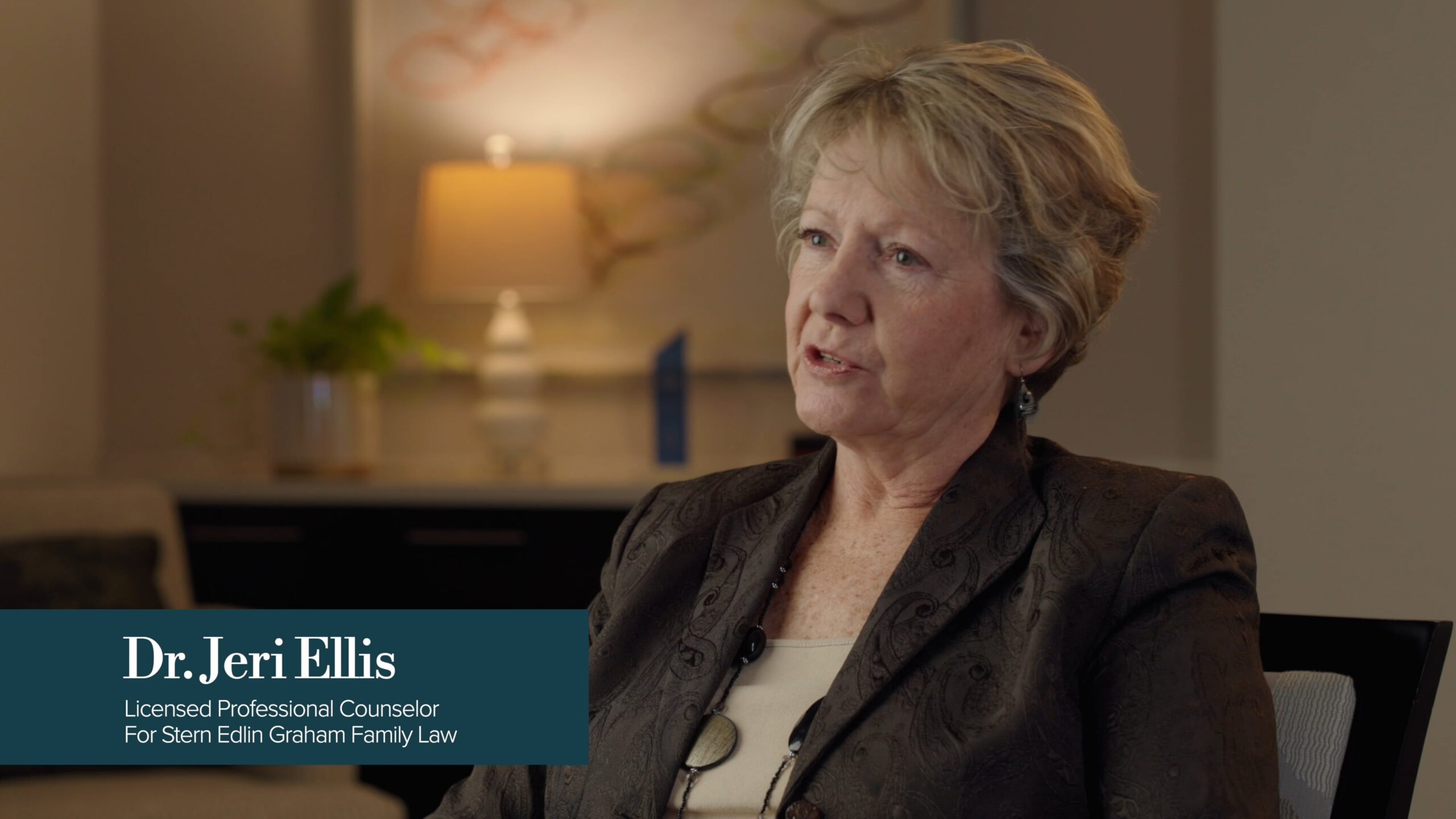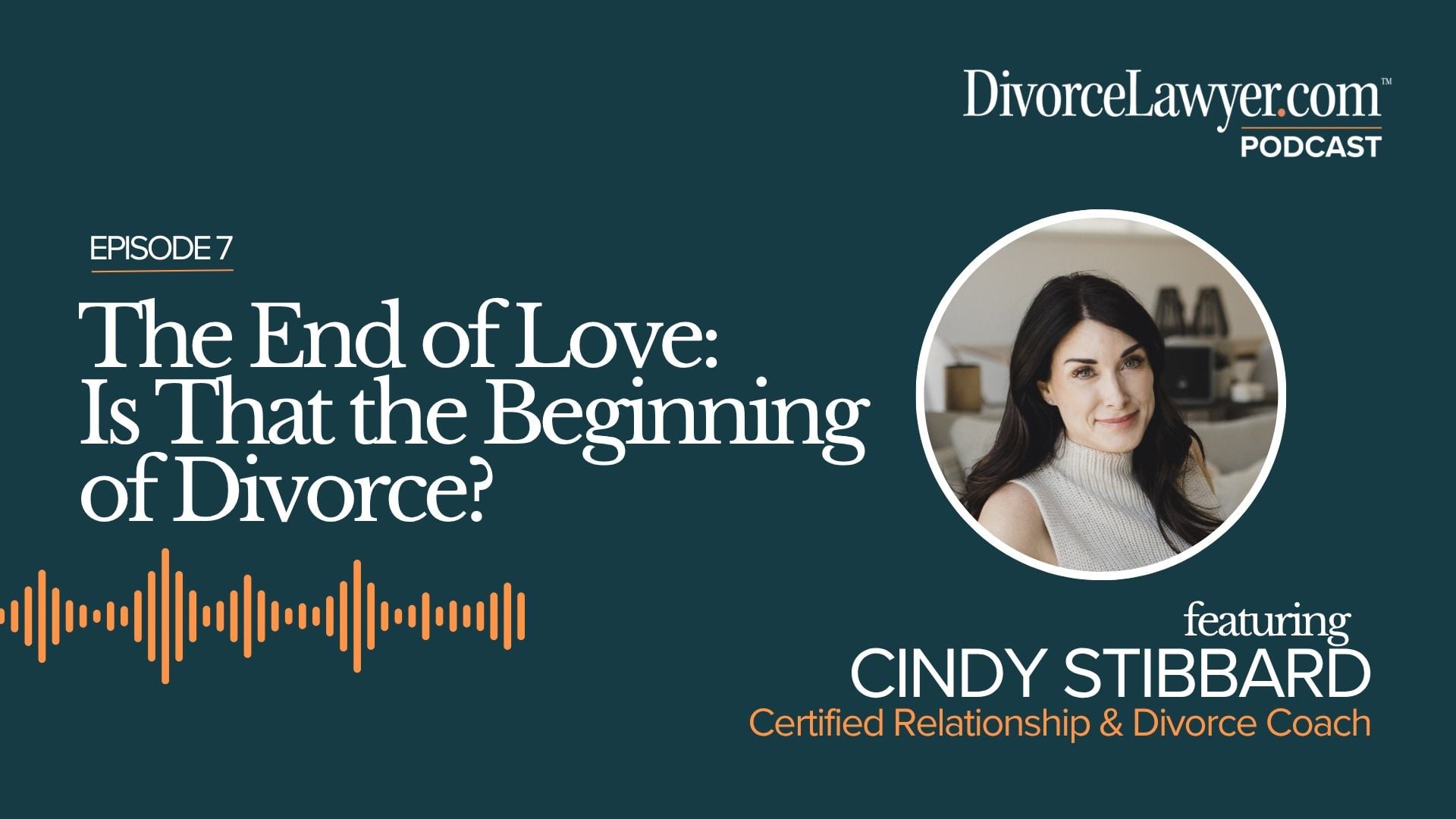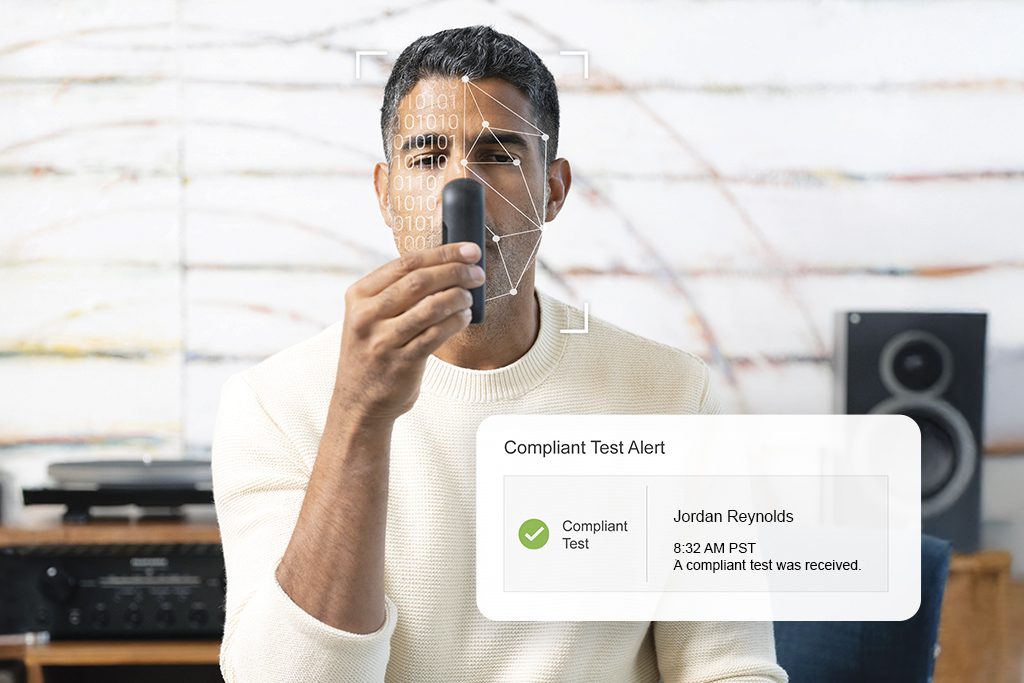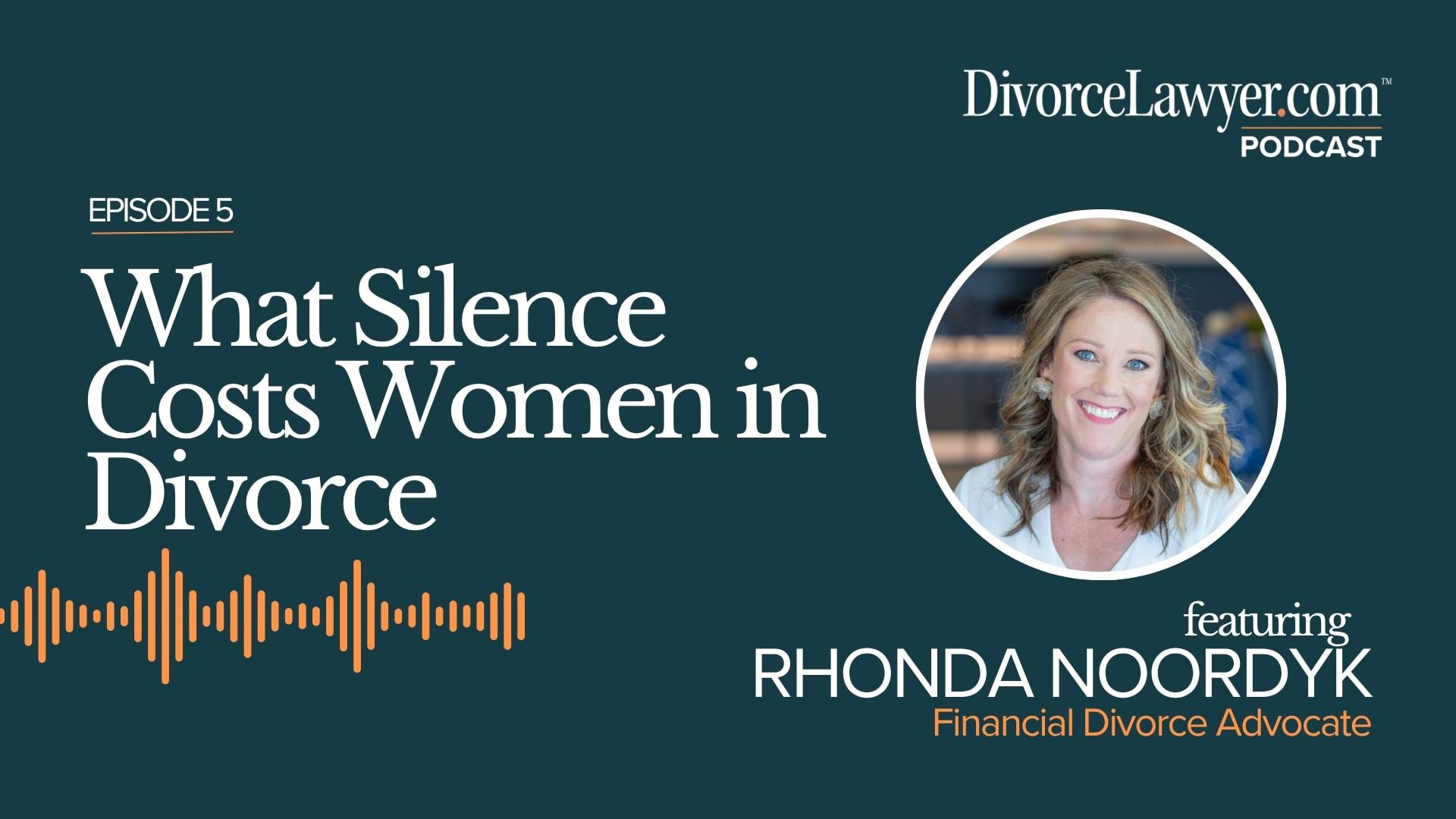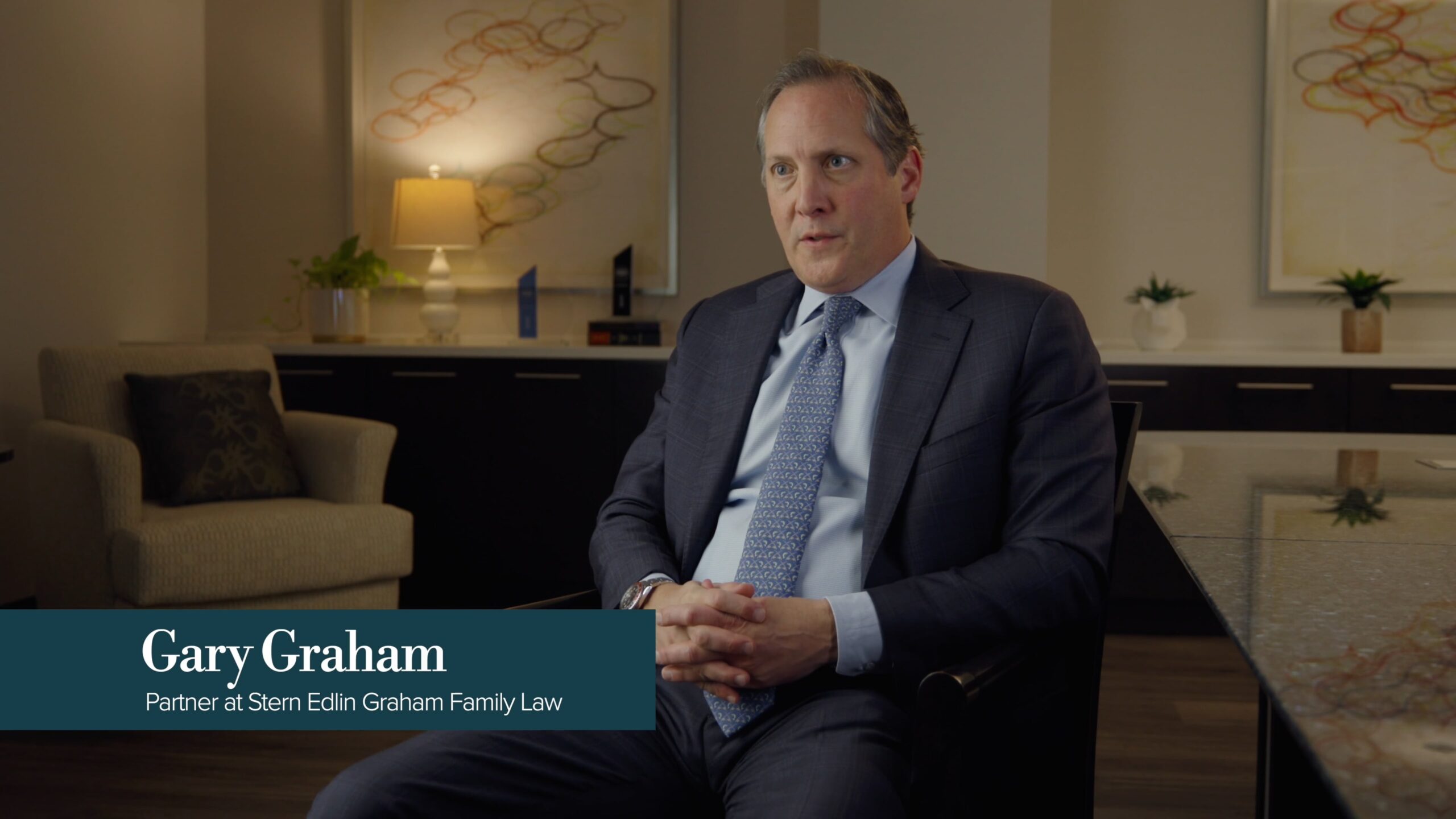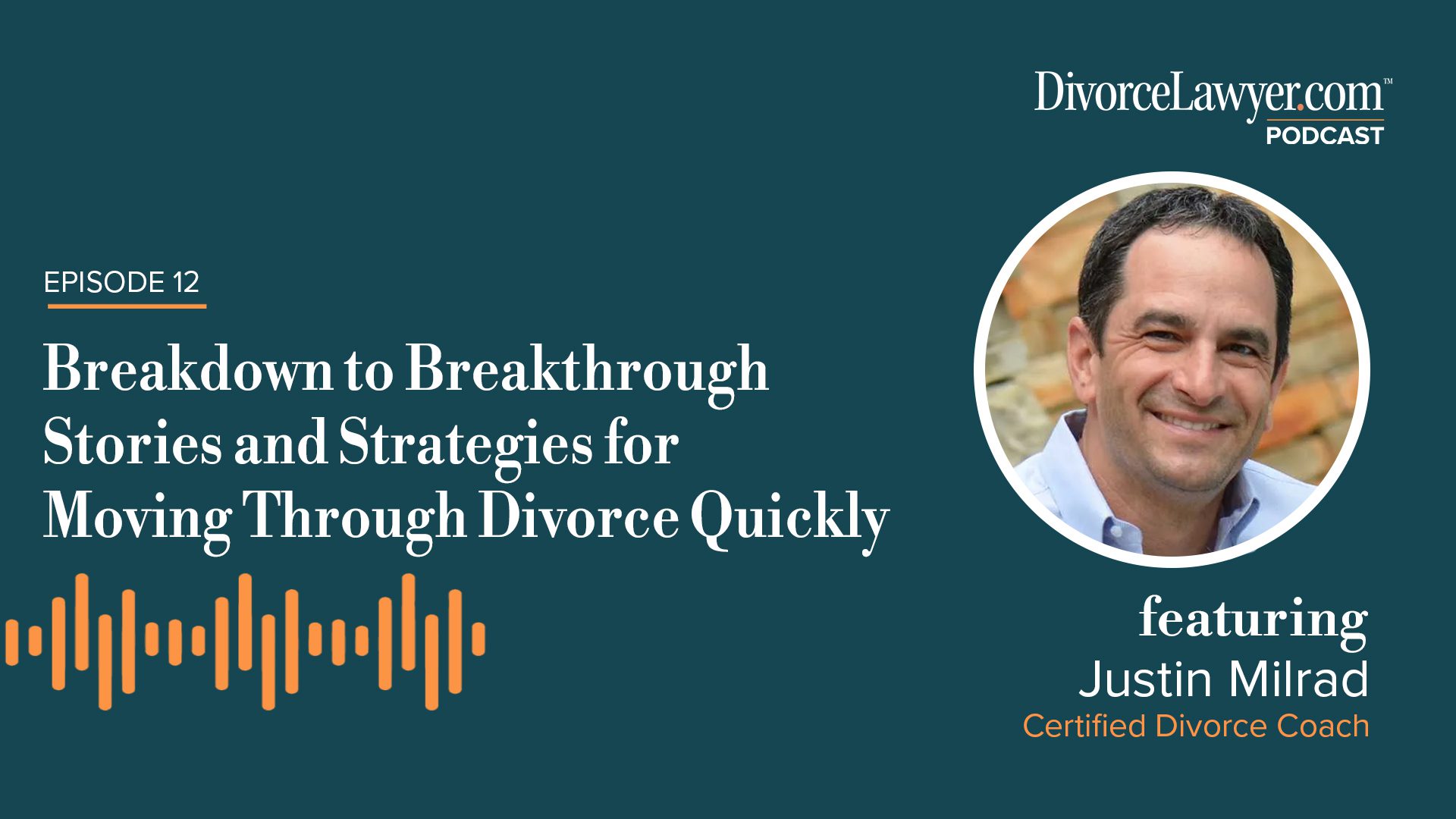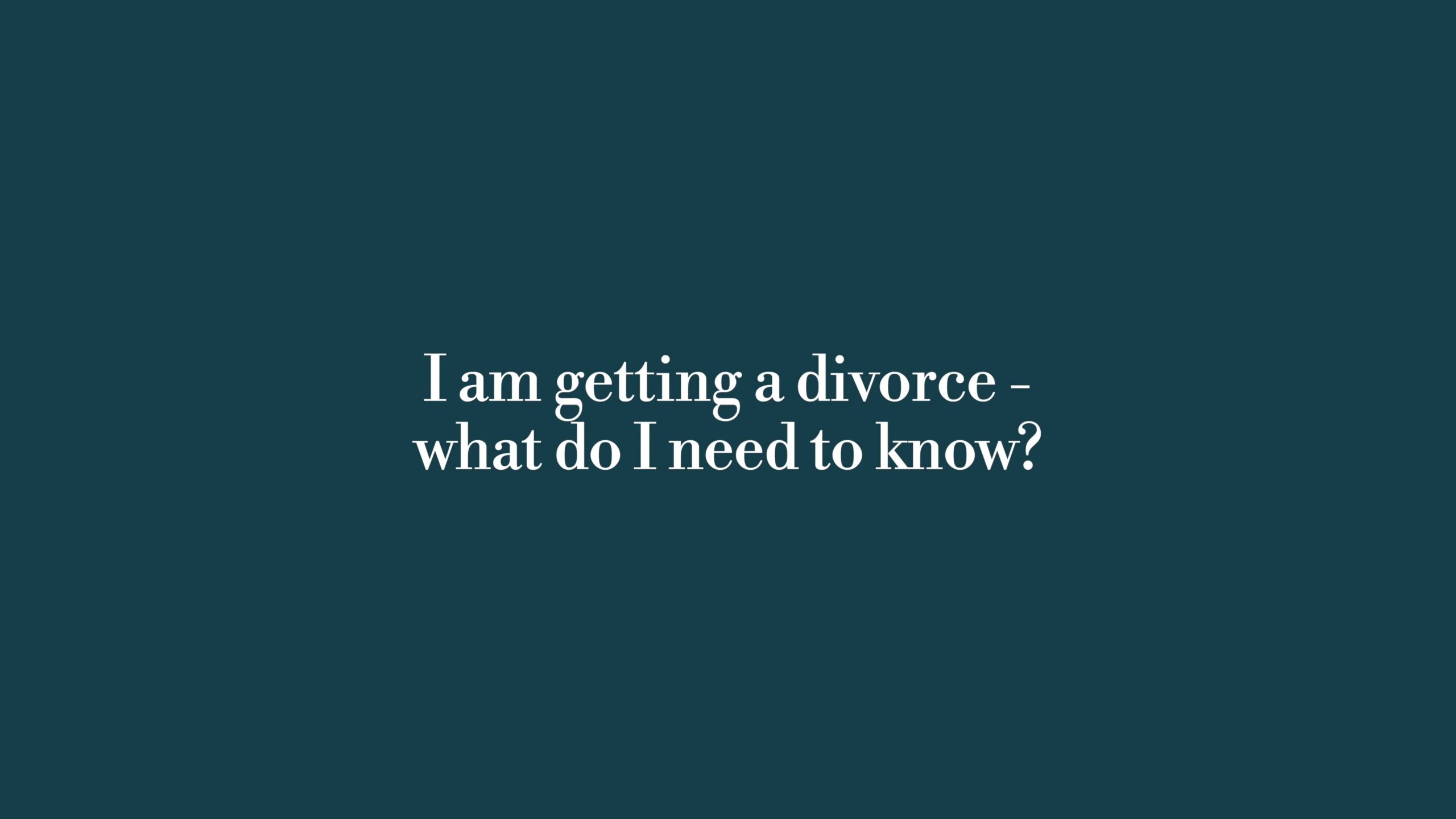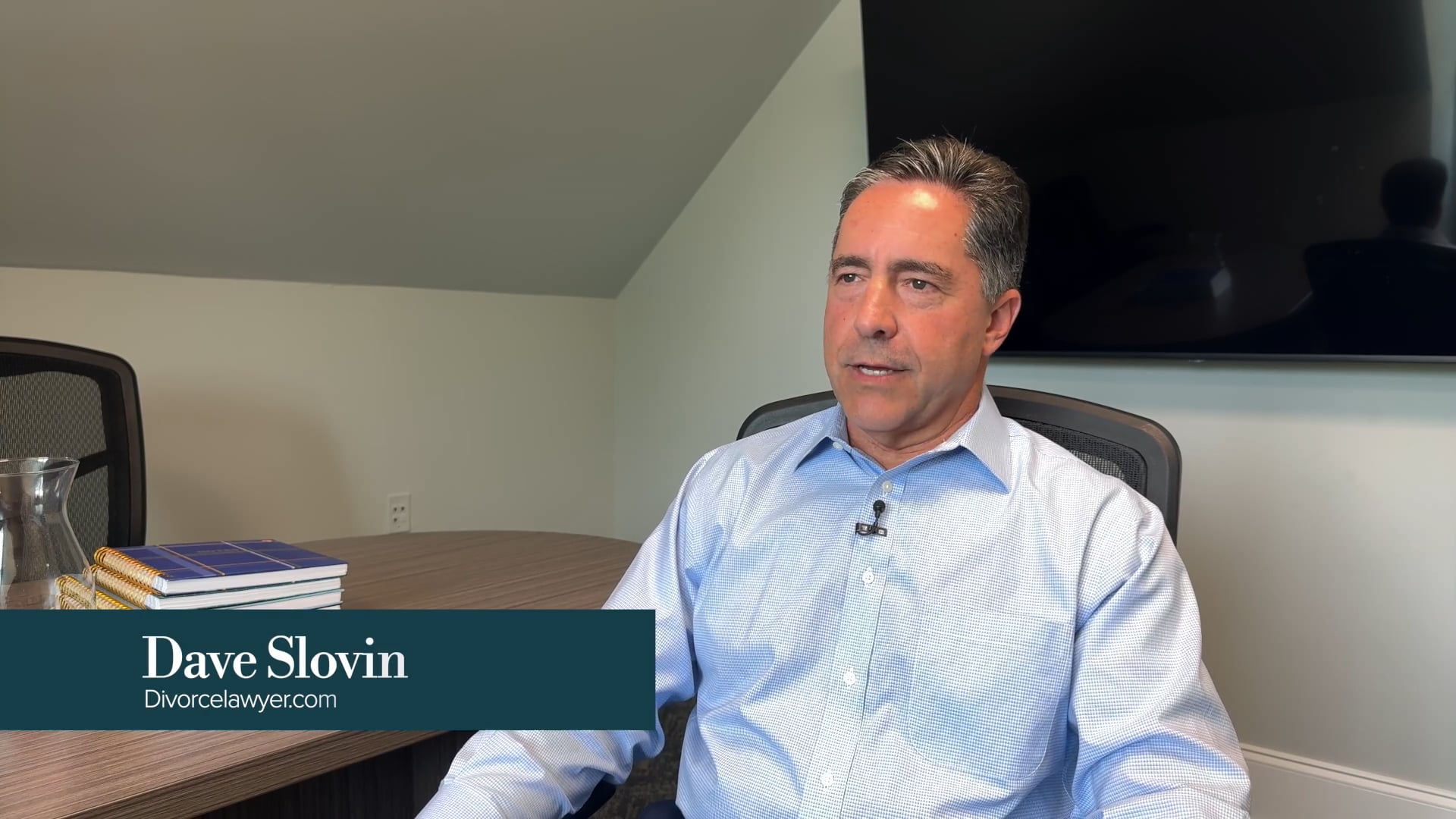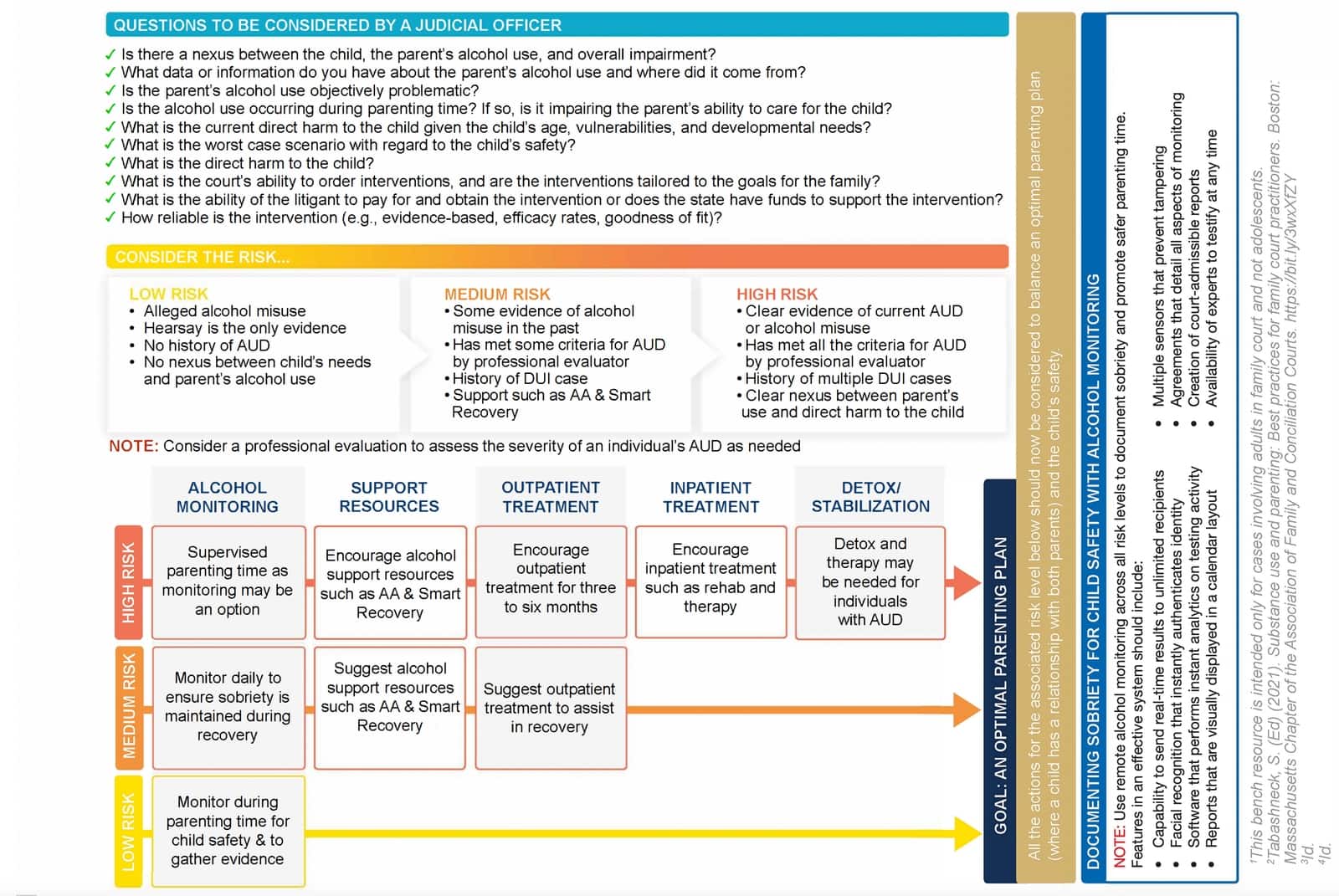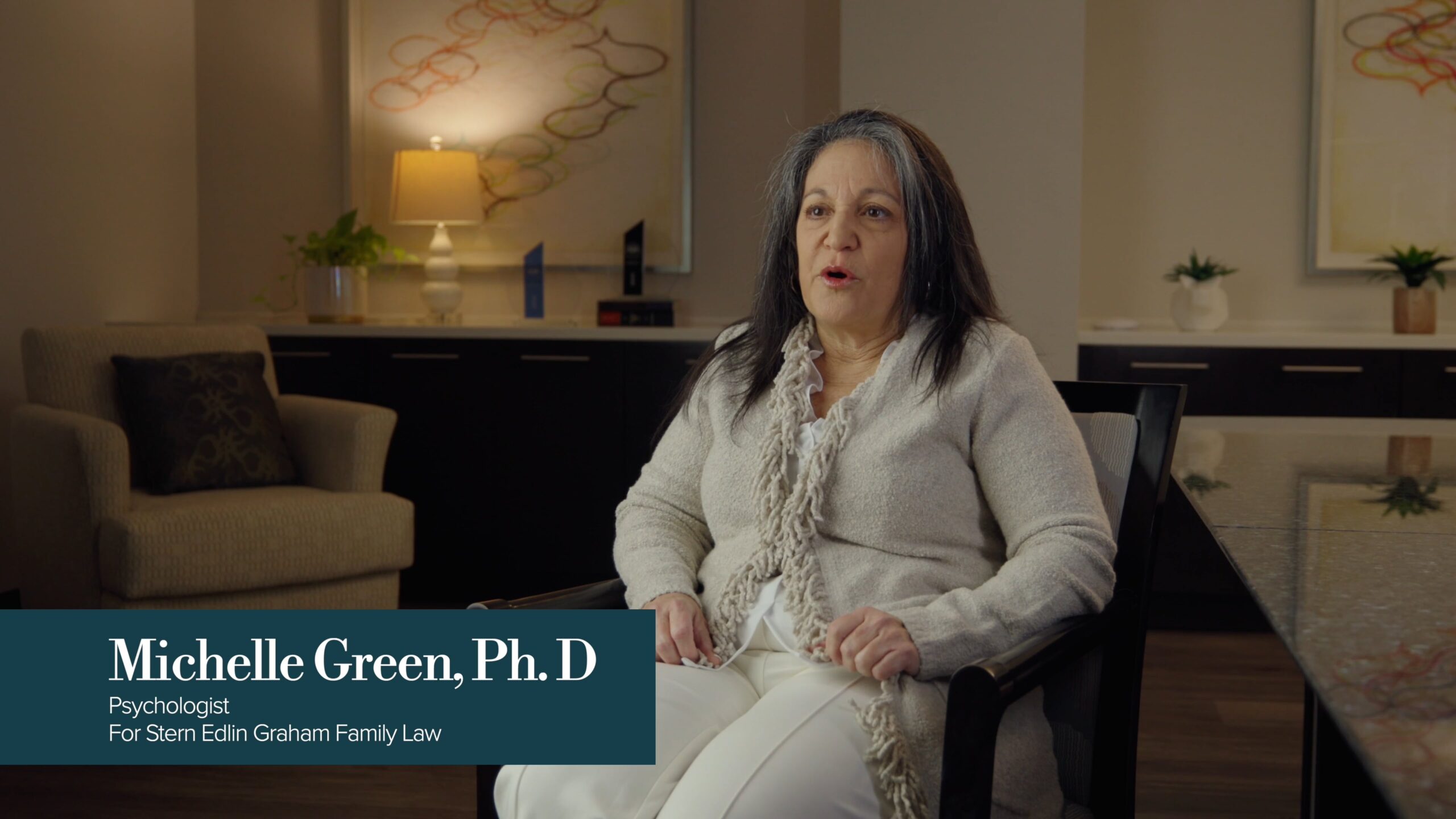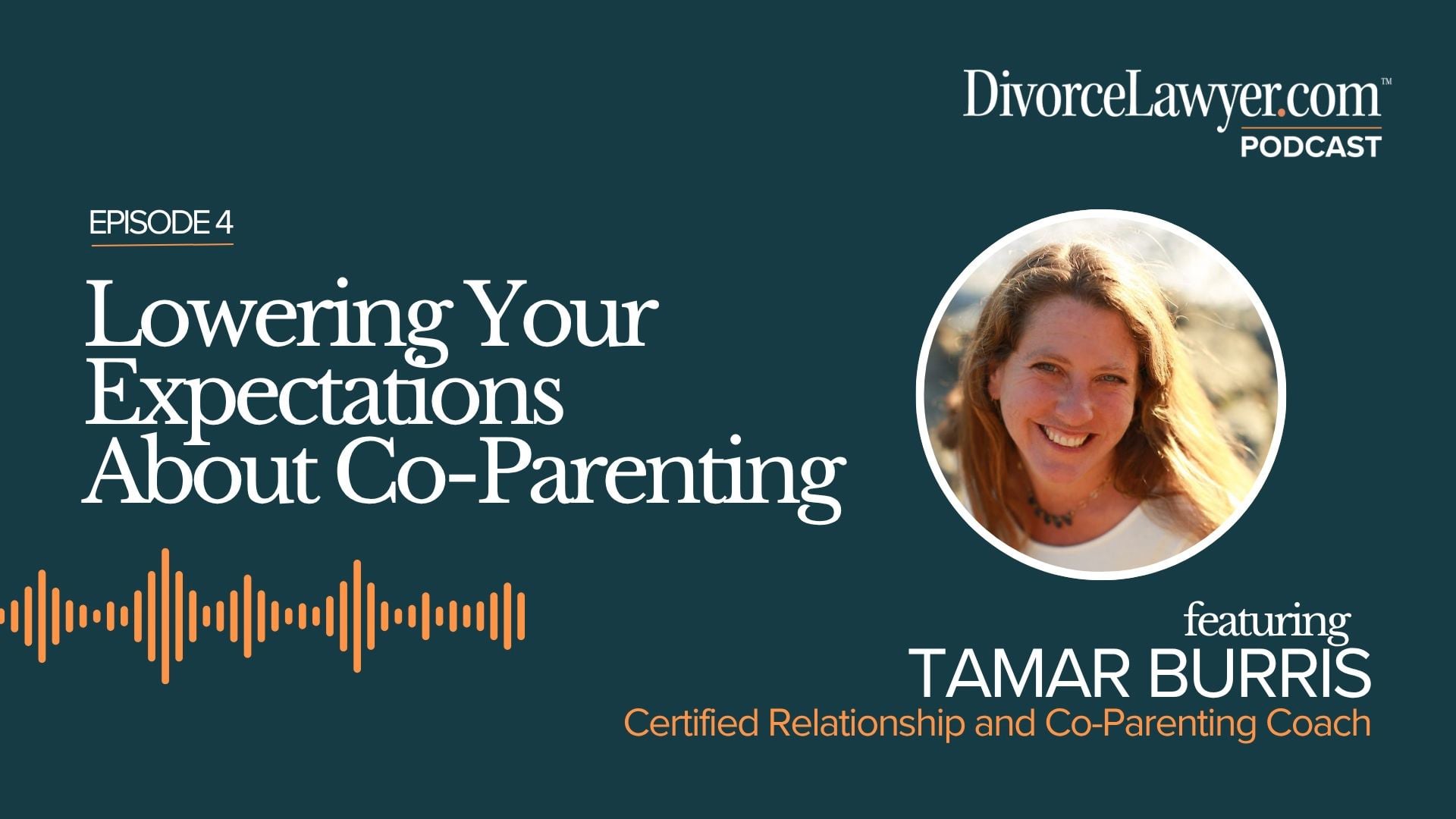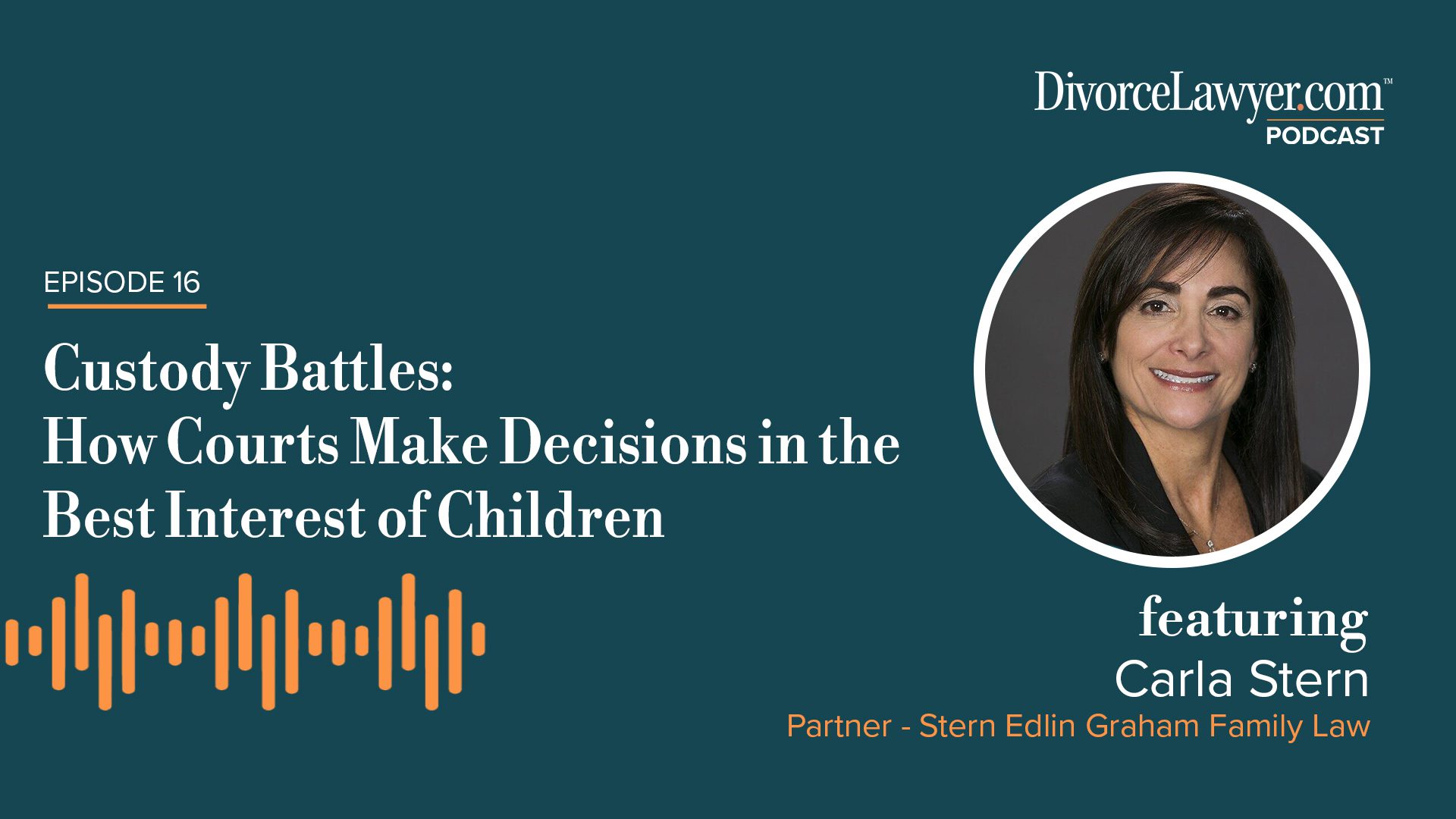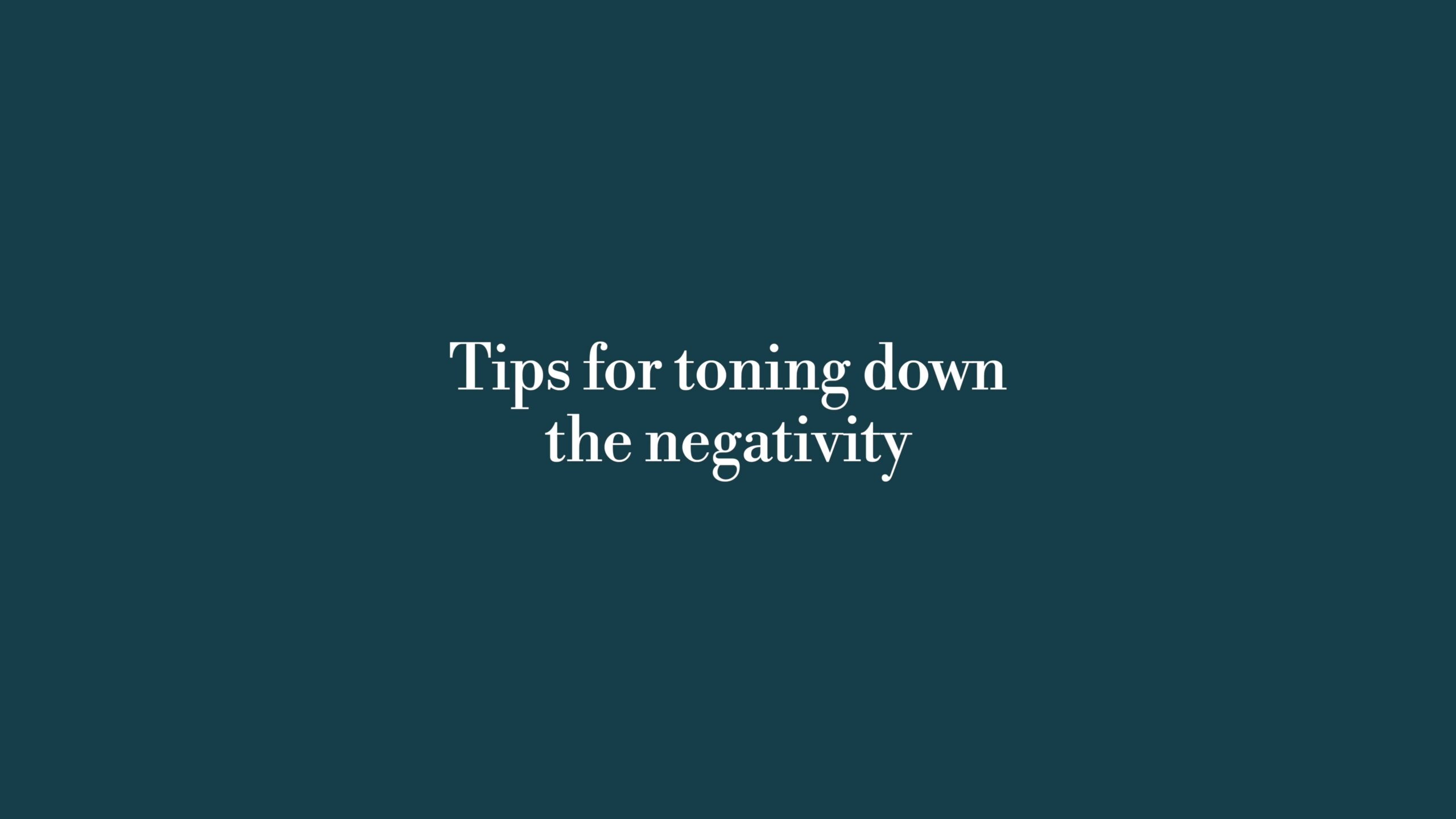The Dollars and Cents of Divorce Finances
OVERVIEW
In this episode, Devon Rifkin interviews Rhonda Noordyk, a Certified Divorce Financial Analyst (CDFA), who discusses the importance of financial analysis during divorce. Rhonda explains the role of a CDFA, the financial questions individuals should consider during their divorce journey, and the emotional aspects of navigating financial decisions. She emphasizes the need for transparency and empowerment in the divorce process, advocating for clients to understand their financial situations and negotiate effectively. Rhonda also shares her unique approach to helping clients achieve equitable settlements and the significance of involving a CDFA early in the divorce process.
HIGHLIGHTS
- A CDFA specializes in the financial aspects of divorce.
- Details in financial agreements can have significant implications.
- Fair settlements require understanding the full financial picture.
- Negotiation should focus on what you are getting in exchange.
- Women often lack confidence in financial matters during divorce.
- Emotional factors play a crucial role in financial decision-making.
- Early involvement of a CDFA can save time and money.
- Empowerment in financial decisions leads to better outcomes.
- Understanding income calculations is vital for fair support.
- Transparency in financial matters is essential for equitable settlements.
TRANSCRIPT
Devon: Hello and welcome to the divorcelawyer.com podcast. We’re building the world’s largest educational resource and community dedicated to divorce. Great big day. Today, we are joined by the one and only Rhonda Noordyk. Hi, Rhonda.
Rhonda: Hi!
Devon: Rhonda Noordyk is a well-respected divorce financial strategist. She is known internationally for her work in pioneering a path for women to navigate through the financial aspects of the divorce process. As a strategist, Rhonda helps her clients determine their next best financial move. Today, we will explore what a certified divorce financial analyst is. The financial questions to ask yourself on your divorce journey and how do you know if you should hire a certified divorce financial advisor analyst? So, hello again, Rhonda.
Rhonda: Hello. Thank you so much for having me.
Devon: You’re welcome. It’s great to see you. So let’s start with the obvious. Let’s start with an important question that I think a lot of people just don’t know the answer to. And that is, what is a certified divorce financial analyst?
Rhonda: That’s a great question. Right. And you know, it’s interesting because the CDFA is definitely becoming a lot more known. Right. One of the things that I think is important for people to understand is it is an area of specialty. And so for people that are going through divorce, a lot of times it’s like, hey, I have a financial advisor, I have a financial person. But at the end of the day, right, it has become very clear to me over the last 10 years, and I’ve been doing this specific work only with people who are going through divorce. The details matter. And I was on a call yesterday actually with another CDFA and were kind of brainstorming, and one of the things he said was, Rhonda, you know, isn’t it interesting?
Every single case we have to analyze, look at, think through strategically, how we could best handle or position it. It’s not black and white. It’s as much of an art as it is a science. Right. And so thankfully for me, I’ve had 10 years of doing this specific work, plus 12 years in the financial industry to be able to draw on, to say, hey, okay, we did this in another case, what about this? Or what about that? Or let’s go back and ask this question. I would say that most CDFAs are affiliated with a particular firm, a wealth management firm, and most CDFAs do about 10 cases a year. So they’re kind of dabbling in it, but it’s not an area of specialty. For me. I do about 10 times that a year. I’ve been doing it for 10 years.
I bring a lot of knowledge and experience to the table. And I’ve also realized I’m not a good neutral. So there are some people who are like, Rhonda, I just want a neutral person. I’m not a neutral. I’m an advocate, and I’m usually an advocate for the person who is. There’s an imbalance of power, and I’m usually working with the person who is on the lower end of that scale, helping work to come to a level playing field so that they get an equitable distribution from their divorce.
Devon: So, all that said, how is it that people miss finding this crucial step?
Rhonda: You know, it’s interesting, right, because that’s a good point. I think a lot of times people think, hey, I need an attorney. And so that’s where they start. And the attorneys are like, hey, well, we’ve been doing this, you know, for. For years, decades. We handle the legal part of that is, you know, this financial piece. They’re not really financial experts, but, you know, they’re like, hey, well, this is what we do. Right? And so the. Unfortunately for the attorneys, a lot of times they become the, you know, the legal, financial, and emotional people because they’re the only person. And so then, you know, it’s hard to sometimes, I think, separate those boundaries. But the amount of cases. I mean, there was a case I was working on. This was early on when I first started my business.
I was working with an attorney, and I had come to the table, I had reviewed the marital settlement agreement, and there was an issue in the MSA that I was concerned about. And what I was concerned about was the statement said that there was not, you know, if and when there is a pension discovered, the client would get half of it. The problem with that is, first of all, how do we discover it if we already haven’t discovered it? And secondly, if he dies prior to her getting her portion of the pension, she gets nothing. And there’s no divorce police that come after the fact. So I went back to him. I said, listen, I’m feeling very unsettled about this. And unfortunately, between the time that I reached out and the time that he got back to me, the client had signed the agreement.
And I said, I’m not okay with this. I said, can you go back to the company and get a statement that does, in fact, say that he does or doesn’t have a pension? Everybody’s saying he doesn’t. Can we get a statement from the company that says he doesn’t have one? And he was like, fine, I’ll do it. So he writes a letter, sends it over to the large company. They get back to him and said, yeah, this dude’s got a pension. And so. And so I’m like, okay, that’s a problem, right? So they end up amending. They ultimately ended up avoiding, you know, a client complaint because that was a big mess.
And my client now is protected that if the husband passes, ex-husband passes away, you know, before she receives that, she will get a payout of her report, her half of it. So, you know, those are the kinds of things where it’s like, oh, well, it’ll be fine later. And I deal with a lot of times seeing on the back end, right, all of the issues that it’s like, how do we avoid that? How do we make sure that we’re doing that correctly? So going to bat for my clients is something that, it’s the core of who I am. I can’t leave it at the door. I’m going to advocate for what’s right and I want stuff done, you know, accurately.
Devon: I can say from when we met months and months ago, before I even got to know you, or exactly what it is that you do, that was the exact feeling. Take charge, advocate, passionate. That’s your true north. In addition to, I mean, 10 years is a long time to be focused in this one area. So my takeaway from what you just said, and for the benefit of our listeners, is that what you reference is a detail to start a conversation, is anything but a detail. And in the end, oftentimes either, okay, there’s no action to take, or there’s action to take, and in the end, it was the opposite of a detail. Would you say that’s accurate?
Rhonda: Yeah, absolutely.
Devon: All right, so let’s get into the bulk of it. And so the question is, what financial questions should one ask themselves on their divorce journey?
Rhonda: There’s some good ones. So speaking high-level first, I think one of the biggest questions that people often ask me is, Rhonda, how do I get a fair settlement without taking my spouse to the cleaners? That’s the exact terms. And I’m like, I don’t even know where that originated from. It makes me chuckle because you’re like, I don’t know what the cleaners is, but okay. But ultimately, I think that’s the question, right? A lot of times, people come to me and they want things to be fair. They want us to be equitable, but here’s what I would say to that. At the end of the day, Devin, the numbers and the calculations, the output in the calculators are only as good as the numbers we’re putting into the calculator. And those are subjective.
Devon: Would you just say that one more time for our listeners, please? That was huge.
Rhonda: So the numbers, right? The output in the calculators, the output in the spreadsheets are only as good as the numbers we’re putting in, and the numbers are subjective. So the question then becomes, what are we using for income? If we’re talking about support calculations, for example, are we using their salary? Are we including the bonus as part of that conversation? Are they a business owner? What are we using for their income, right? Are we using, are they taking W2 income, meaning they’ve got, you know, a payment, right? Like a pay, they’re on payroll. Are they taking distributions out of the company? Like there’s so many moving parts with that. So we got to first dial in what is the income?
And then the other part of it is the non moneyed spouse oftentimes is tasked with either getting a job or going through an evaluation to say, hey, we recognize that you haven’t worked for 10, 20 years, but we’re about to value on what you could be working, what you could be making so that we can use that as part of the calculation to really ultimately offset what you’re getting in support. I think it’s ridiculous. I get where it’s coming from. But you know, to say that somebody’s going to go back into the same job that they’ve been, you know, 20 years ago, like I had a client, she was like, oh yeah, I did web design 20 years ago. I’m like, 20 years ago, was there even web design? I don’t know. But like, you know, like it does not look the same.
And they’re like, oh well, she could be making, you know, 80 grand. And I’m like, in what world? Like she’s got to go back and first of all get retooled if she’s even going to go back in that space, or decide what she’s going to do. I’m like, well, she could be working at Starbucks for 15, you know, $15 an hour. It’s like, okay, whatever. Like, at the end of the day, that those are the types of things that I see. So, you know, what are we using for income is a really important question. The second thing is how do we evaluate what’s fair when we talk about property division. Because kind of along those same lines, what are we using for the business valuation? What are we using for the rental properties? The valuations? And people might think, well, yeah, isn’t that easy?
Like we just, you know, Zillow it or we just get a fair market value or. But it’s so much more than that. And then the subset to that is, okay, are we going to be dealing with capital gains issues on the back end if the primary property is sold, and what does that look like? And same thing with investments. Are we going to be talking about a capital gains or loss issue that needs to be addressed or accounted for? How do we navigate through that? I mean, it is a lot, and I think a lot of times people want to go to, well, we’re just going to start, you know, he’s going to keep this and I’m going to keep this and. Or she’s going to keep this and I’m going to keep whatever it is, right?
I’m like, okay, we can’t be horse trading anything until we get a clear picture of where things are at because they’re all interrelated completely, right?
Devon: Completely.
Rhonda: And once we get the information, then it’s okay. How are we negotiating this? And I know for me, like, a lot of times people are like, well, Rhonda, you only work with women, so you must hate men. That could not be further from the truth. I actually was working with a client she was dead set on. My husband’s an alcoholic, I’m the higher income earner, I’m done with him, and I don’t quit, and I don’t care if he’s homeless. And she was so serious, and her actions were in alignment with that. She was willing to basically take every. Try to take absolutely everything and leave him with nothing, and all that to say, Devon, we parted ways because I was like, I can’t get behind this. I am fighting for there to be some level of, you know, equitable.
Not like we’re going to just take him out at the knees and like, peace out. So I think a lot of times people misconstrue where I’m coming from. There’s a lot of times I’ll often say, okay, what is important to your spouse? Not because I’m advocating necessarily for them, but that’s an important part of the conversation because anytime we’re engaging in negotiations, it’s what am I giving? And I think unfortunately for women, they’re like, well, I’m giving, I’m giving. They’re Gonna. They’re missing the question, what am I getting in exchange for what I’m giving you? And I think if we could start to, as women, do a better job of negotiating and asking that question, what am I? I’m willing to do that, but what are you going to give me in exchange for it?
Because a lot of times when they’re asking for things, hey, I’d like to keep the house, or I’d like to be able to keep this. What happens is they come back with a list of questions that say, yes, I will do that. But here’s all these contingencies of things that need to be met in order for me to do the one thing that you’re asking.
Devon: So it sounds to me like a really important part of your job is framing things for people. Just the. The aspect of framing, how they might view this beyond themselves and the different ways will make your process that much more effective for them.
Rhonda: Agreed? Yep. Absolutely. And like, I just had a conversation yesterday with a client. I had convinced her that we needed to do a couple of key things that were essential to helping her bridge the gaps in information. And she didn’t really want to do it at first. She was taking her spouse’s word at face value. And I said, we just don’t have enough information to substantiate what he’s saying. And so we did it. We had a conversation yesterday. We moved the needle about $500,000 as a result of asking the right question, framing it appropriately, and bringing in any additional ancillary experts that we may need.
Devon: Got it. So, at what part of the process do you usually meet these people on their divorce journey, and is it with them directly? Is it normally through an attorney? Where in the process?
Rhonda: So I love this question. When I first started my business, it was in what I call the messy middle. Everybody was reaching out. They’re like, oh, my gosh, Rhonda, my attorney’s not calling me back. This is a disaster. I’m being asked to make decisions. I don’t know what I’m doing. And certainly there are today those people that reach out. And as long as there is a reasonable time period, I can still help them. However, a lot more people are reaching out because they’re considering it, and they want to be prepared. So the sooner that we can be involved, the better. Like I often tell people, listen, you can pay me now or pay me later. The price is going to be the same, if not a little more. So get me involved early on, and I’m going to help you. Find the right people.
We’re going to build the team, we’re going to review the financials and gather and organize the documents in a way that makes sense, and do micro opportunities of education along the way, identify the gaps in information, make sure we’ve got full transparency, which people think is automatically going to happen. And it doesn’t like a gap income, a gap in transparency, a gap in expertise. So it’s what I see there. Then we dial in the data where we’re talking about property division and support guide to finish strong on the marital settlement agreement. Making sure we’ve got the eyes dotted and T’s crossed there. Kind of like the story I shared earlier. And then the exhale, which is, okay, it’s over, and now what? How do I wrap up those loose ends and move forward?
And ultimately, what I just described to you is my bridge method, my signature method that I’ve developed over the last decade that isn’t just, oh, I woke up and thought I would try this. Like it’s been tested and measured, and it works. So we walk them step by step through the process and then women come out on the other side more empowered, more clear, and they’re in a really good position to start this next chapter.
Devon: Amazing. So as I’m listening to you, I’m thinking, okay, one of the most serious life events, one of the most stressful life events, and dollars and finances are a black and white topic. However, I would think there’s a very nice emotional component to working with someone like yourself to know that you are being thorough. Is there an emotional component you found that you’re clients have in going through this process, or is that just in my head?
Rhonda: No, it’s definitely emotional, and you know, kind of to your point, I think that’s the thing. Like people think, oh, this is black and white. It’s going to be just, you know, we’re just going to divide everything down the middle. And it’s just so that’s so far from the truth. And I think the emotional component comes in a lot of different ways. Women and men, we’re bringing our own baggage as it relates to money to the table. So our attitudes and beliefs about money that we’ve developed over the years, we bring to the table. Sometimes it’s they’re afraid of debt, they’re afraid of being on their own, they’re afraid of, you know, making bad decisions around the finances. There’s a host of things people are just, it’s related to fear. But then, also we have an opportunity where there’s a lack of confidence.
And so the lack of confidence comes from really two things: having the knowledge and experience to be able to have the confidence to make good decisions. And there’s a gap in that. And I always say, like, the knowledge, if we have the knowledge without the experience, it’s theory. If we have the experience without the knowledge, it’s trial and error. But when we get those two things working together, it’s super powerful. And that was really based on a Prudential study. They did a study in 2000, they did another study in 2010. And while it sounds like, Rhonda, that you know, data is outdated, it really isn’t. I’ve reviewed that report many times, and I don’t think things have shifted nearly as much as they probably need to.
And what this takeaway from that study was basically, listen, at the end of the day, women lack confidence around money. And so, you know, and then you layer in some situations, there’s a lack of transparency, there’s a lack of access to information. I mean, there’s many times where women haven’t signed the tax returns. They, you know, maybe paying the bills, but they don’t have any idea of where the big picture is on the financials because they’ve been told, hey, don’t worry about it. And so now they’re faced in, you know, now they’re in a position where they have to face it and they have to deal with it. And many of them, while they’re afraid, they want to, they’re like, Rhonda, I want to be empowered.
So one of the things we’ve started saying is, okay, instead of going from how do I go from a fair settlement, to how do I go to an empowered settlement? And what does that look like? Because empowered means, hey, I’m engaged, I am interacting with the conversations. I’m making good decisions. Not just, hey, I’m hoping for something, and the chips fall where they’re made. I hope I get that’s fair. And a lot of times, people, particularly women that are in, you know, higher net worth situations, the people will say, oh, don’t worry, you’re going to be just fine. And what that means is we don’t know, right? Like, how do we define what fine is? And why is it their job to tell you that you’re going to be fine? Like, we have to define that.
And so I think at the end of the day, the word fair is one that in the divorce space, everybody’s like, well, Rhonda, you can’t get fair. I’m like, that doesn’t exist. And that’s. I think you can when you define what fair is. And it doesn’t always mean 50. It means being engaged, being empowered. If you’re giving something in exchange, you understand what you’re doing. And for me, that’s a win. Like, that’s a win for my clients.
Devon: Big time. Big time. So, if I’ve hired an attorney already and I found you on divorce lawyer.com, and I see this interview and he or she hasn’t brought up the possibility of working with somebody like you, how does one handle that if they see the value in all that you’re saying?
Rhonda: Absolutely. I mean, I always encourage people to reach out, you know, and we can have a conversation because I think at the end of the day, there’s usually a way that we can help as long as we have time. The tricky part is, hopefully, they haven’t spent way too much time, money, and energy. But, you know, at the end of the day, right, we still have time to make sure that we are helping people have those empowered settlements. But the sooner that we can get involved, the better. If people already have attorneys, that’s no problem.
I will often either work behind the scenes, kind of being that advocate for my client to empower them to show up for those conversations with their attorneys, or I’m often part of the meeting if they want me to be, so I can play whatever role people feel comfortable with. I’m totally fine being the secret silent weapon behind the scenes, you know. And it’s not because I’m afraid to. It’s just I’ll play whatever role. My ego is not that big that I’m like, yeah, I have to be in front of. I’m okay being behind the scenes, but also I’m very confident in being able to have those conversations and be part of those conversations if people want me to do that as well, and take a more active role as the team.
Devon: Got it. Got it. I think that’s very helpful because people are going to see tons of benefits here and then sort of wonder internally, like, we all do well. How do I make this happen if it hasn’t been suggested? Okay, great. That’s helpful.
Rhonda: I will say this, Devon, that, you know, basically my take on that is, as long as you haven’t signed the MSA or the final agreement, we still have time, okay, well that’s if they reach out. I’m like, I don’t even want to look at it because I’m going to find all these things that I’m going to wish that you would have asked me about, and there’s nothing I can do about it, so I don’t want to say it.
Devon: Okay, great point. So lastly, you know, how do you know if you should consider hiring a certified divorce financial analyst?
Rhonda: So I would say for me, because I’m not necessarily like, I’m not investing the assets, right? I think a lot of times, you’re like, oh well, you should only work with the CDFA if it’s a high net worth case. And I say that’s ridiculous because I think again, because I’m looking at it from how do I empower my clients? I feel like everybody that has been married for longer than five years and has kids needs a CDFA, and that’s a little bit different than maybe what other people have been told or whatever. Like, oh, I don’t need that. Because the issue is if we oversimplify, we don’t know what we don’t know. And so that’s where the biggest landmines are. And over the years, I have developed an opportunity for people at all levels. I work privately with clients.
I also have a, what I call a group experience where I’m taking people through my bridge method in a way that is educational, focused, and yet they still have access to be able to ask questions, learn, grow it so we can grow with them as they’re going through the process. And then if they start with our group experience and they want to be able to say, hey, listen, I feel like I need some one help, they can always unlock the opportunity to work one with me in more of a limited scope way so I still can have my eyes and ears on their situation, give them input, feedback, strategy, you know, and it’s not only just the one. So we’ve been able to adjust our model over the years to be able to address that.
Because not everybody needs the one, you know, high touch. Some of them just need some direction, some guidance, some step-by-step from a proven system. And I can help them with that. And it’s filling my soul because I actually used to teach in higher education. I was an adjunct faculty for 15 years. I develop ed curriculum, was awesome, and I now can do that within my own business, you know, being able to help people navigate through this process.
Devon: Very unique. Rhonda Noordyk. Super interesting, Rhonda. Let everybody know where they could find you.
Rhonda: Yeah, absolutely. So my website is wfwcdivorce.com, and you’re going to want to go to the Resources section where you can see all kinds of resources available in our Divorce toolkit.
Devon: Terrific. Rhonda, are there any other questions or anything else that you’d want to know?
Rhonda: I think this was awesome. Yes. I have nothing else.
Devon: Good. You’re awesome. I mean, I can’t imagine, by the way, anybody listening to this and not pausing to just recognize the importance of what it is that you do, beyond the black and white, all the way to the emotional. It’s so much more than just the numbers. And I think that should be a big takeaway for those listening.
Rhonda: Yeah, I agree.
The DivorceLawyer.com Podcast with Devon Rifkin, featuring Featuring Rhonda Noordyk, Financial Divorce Advocate
Contact Information – Find Rhonda online here, womensfinancialwellnesscenter.com or on Instagram here, rhondanoordyk
